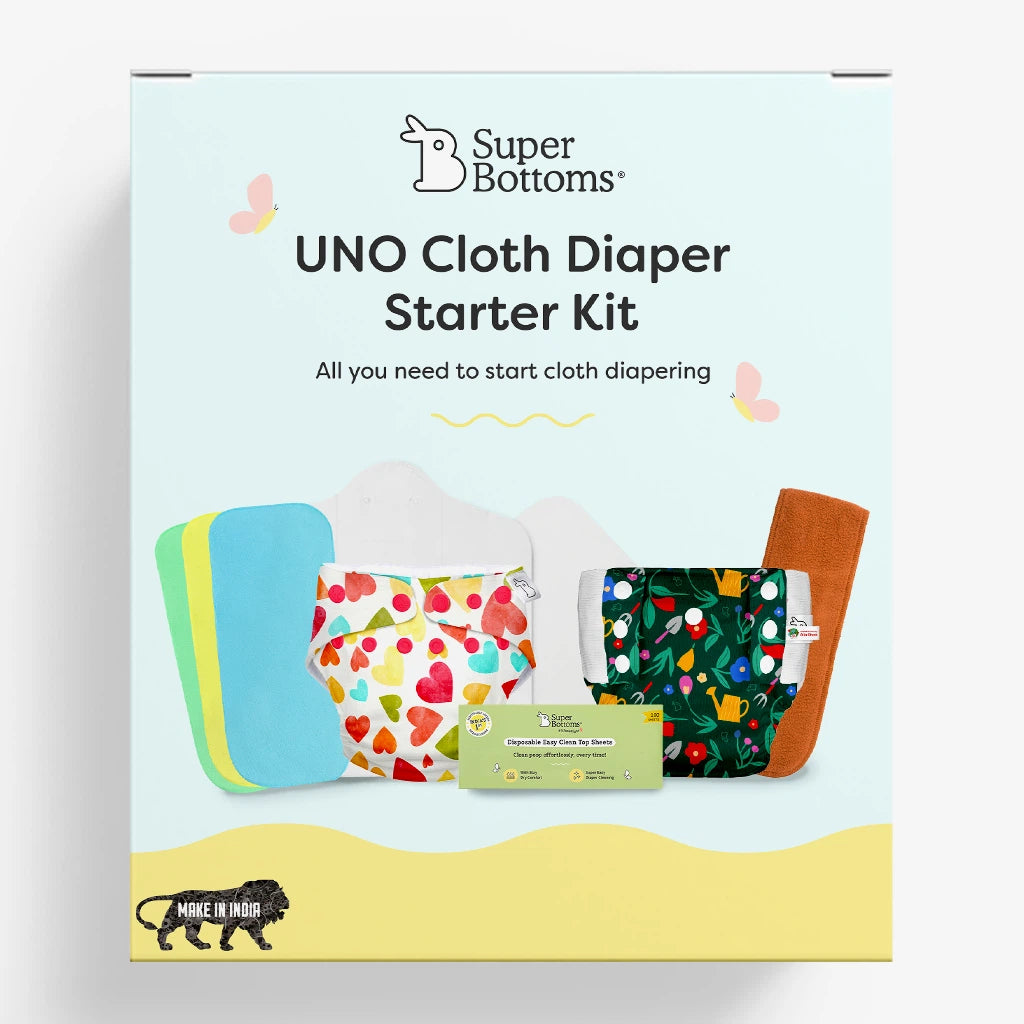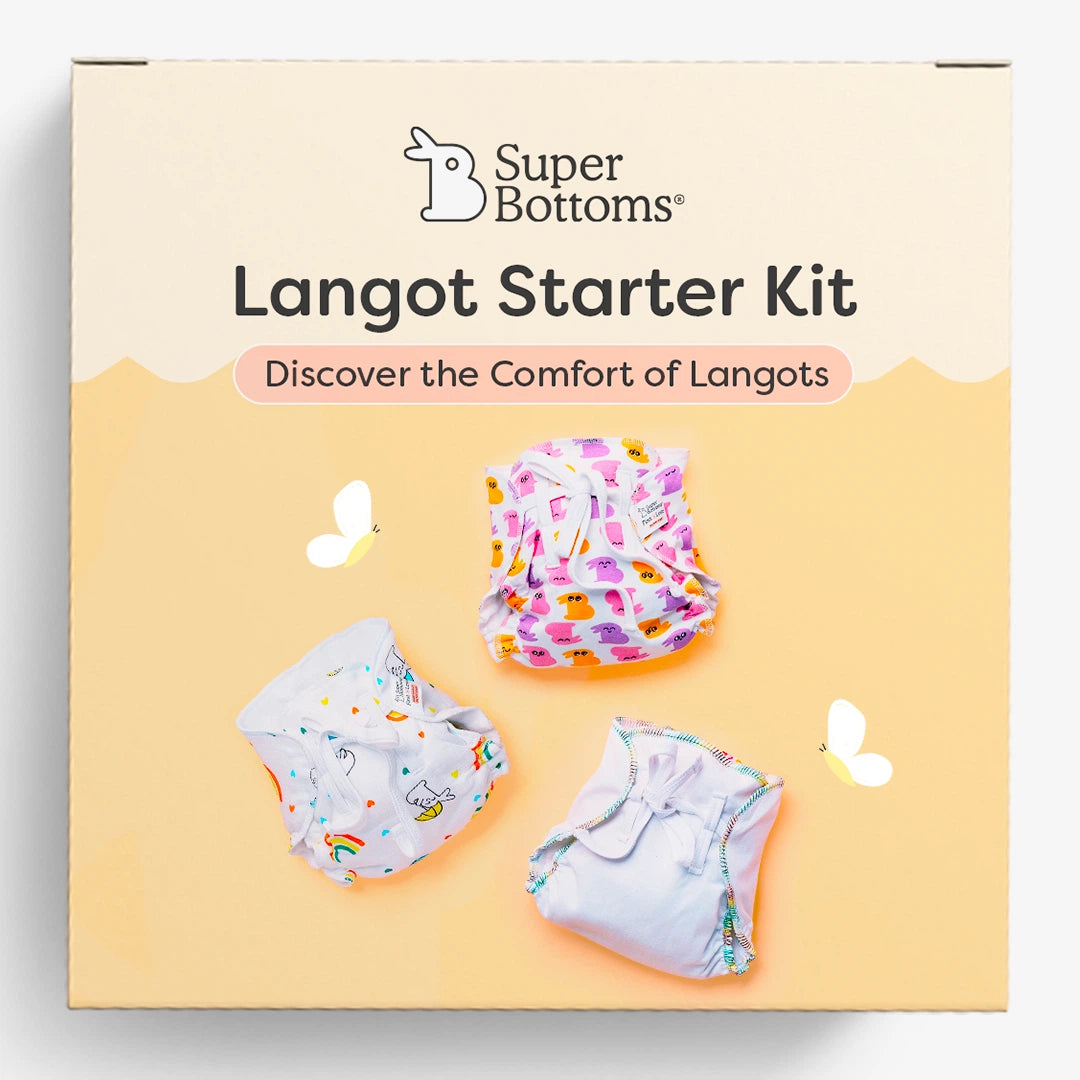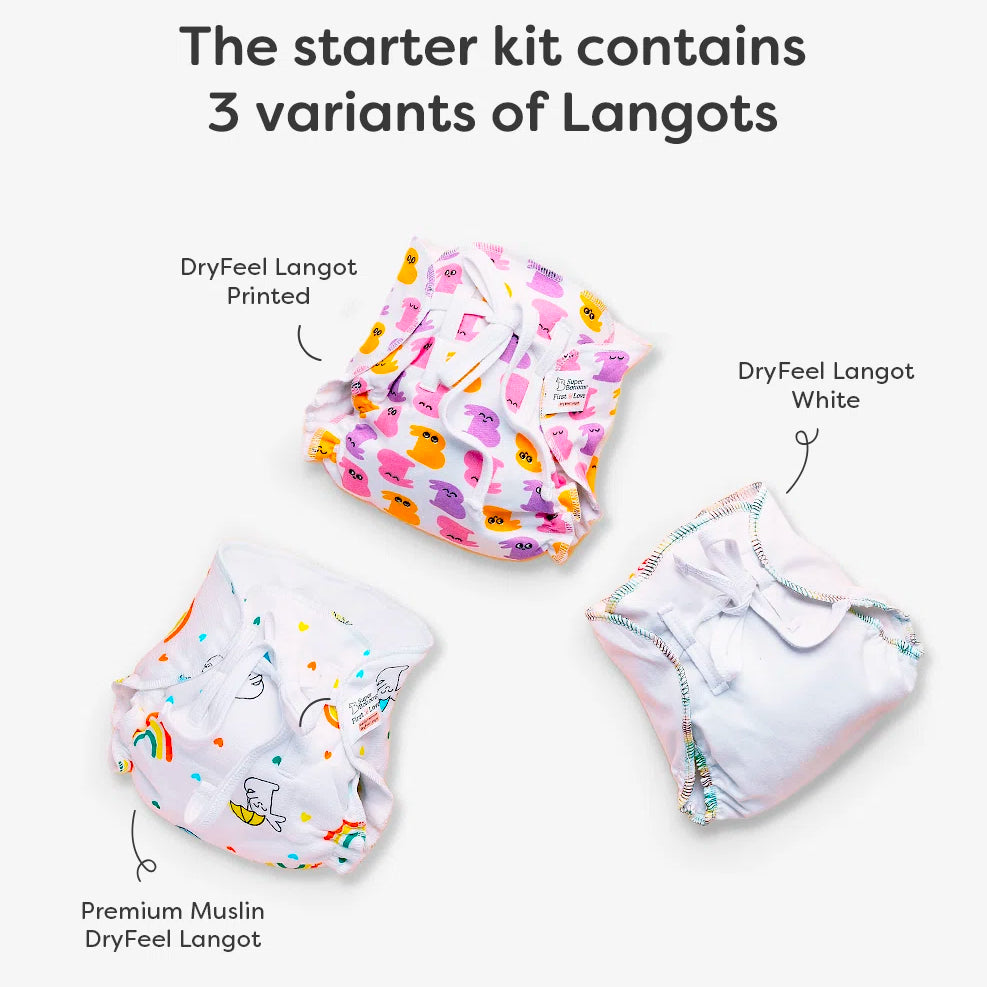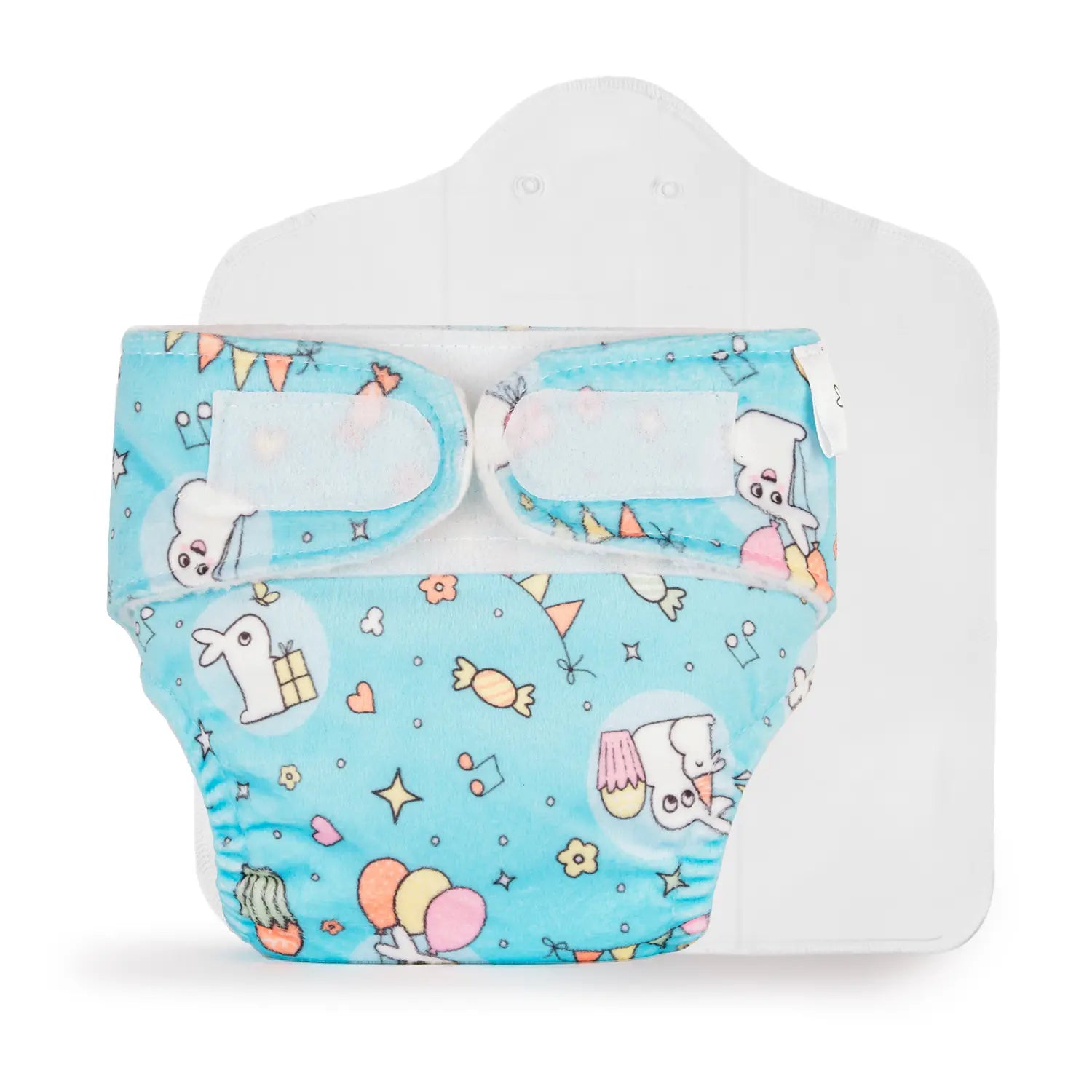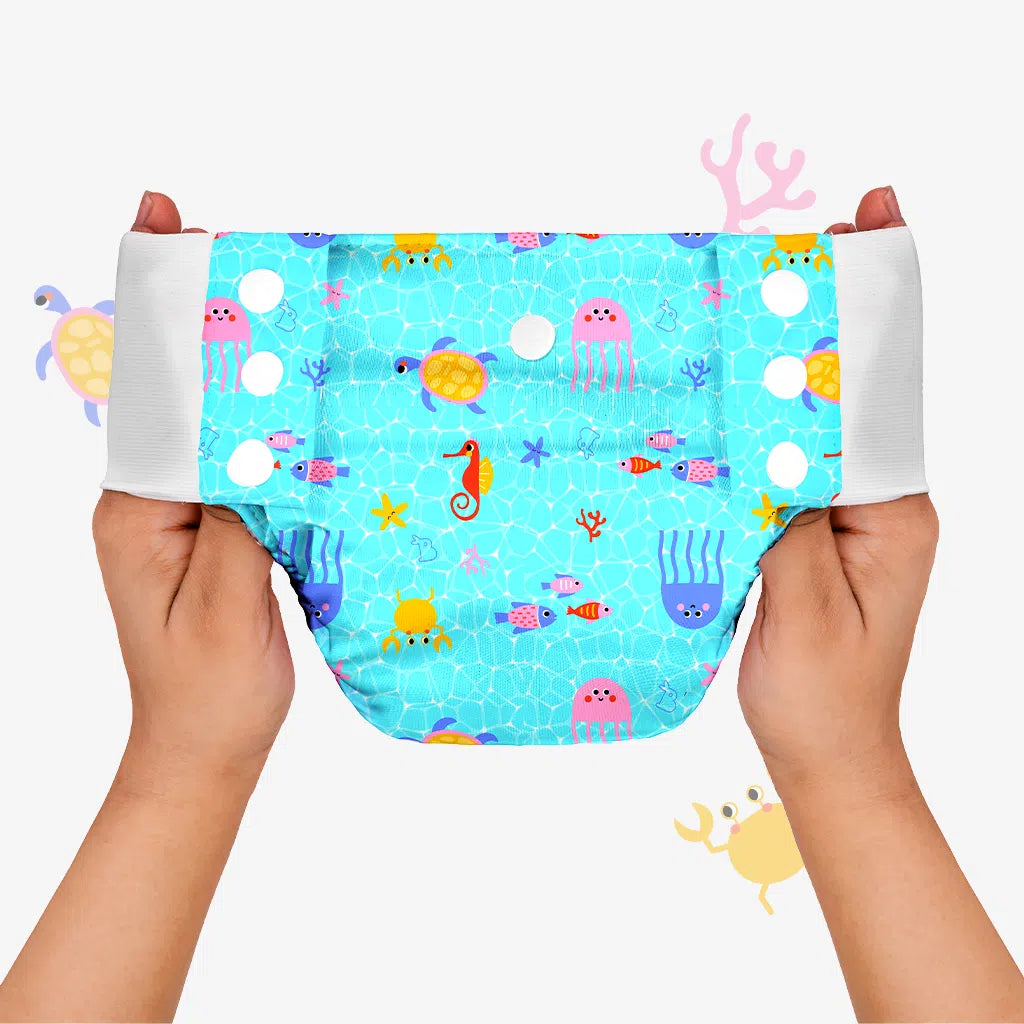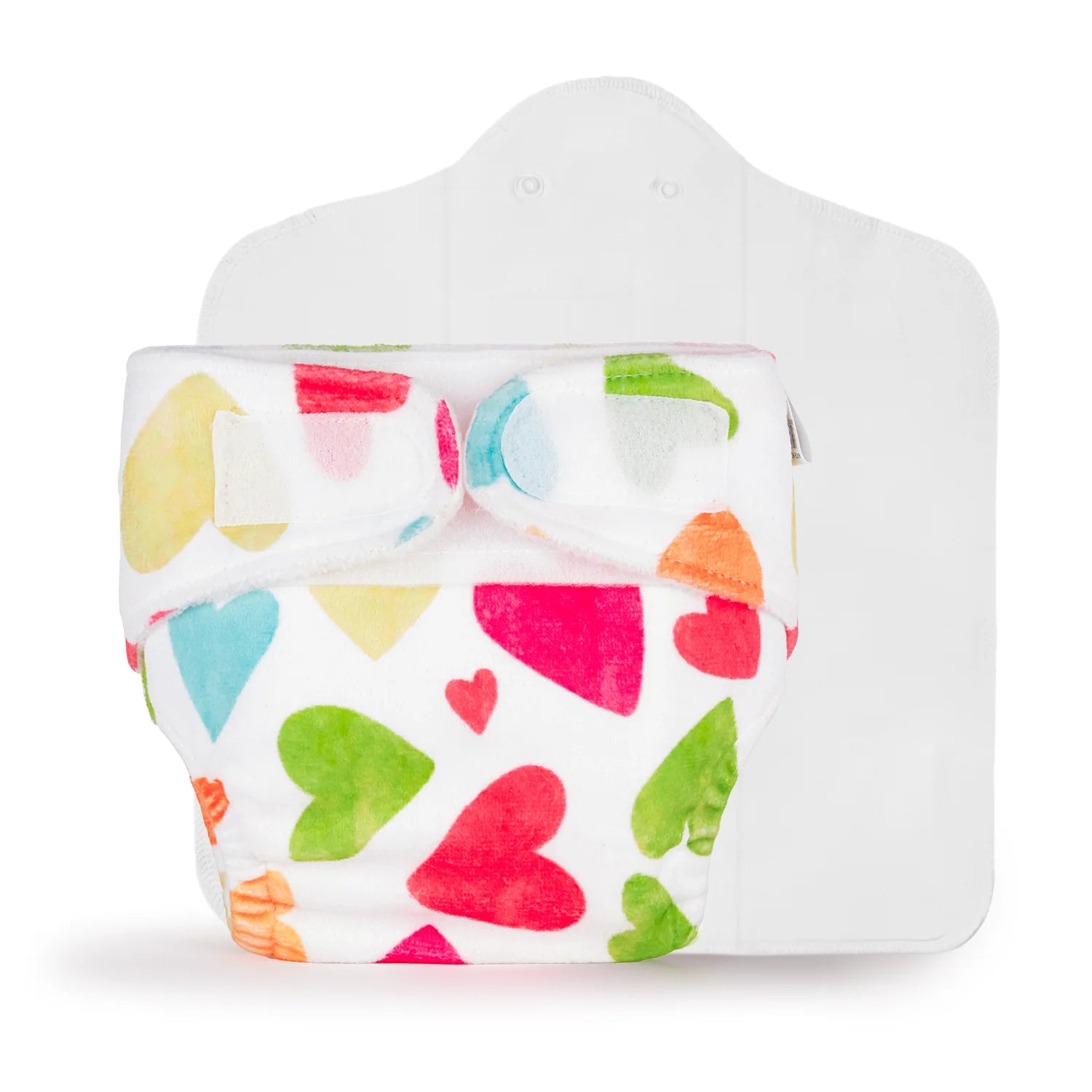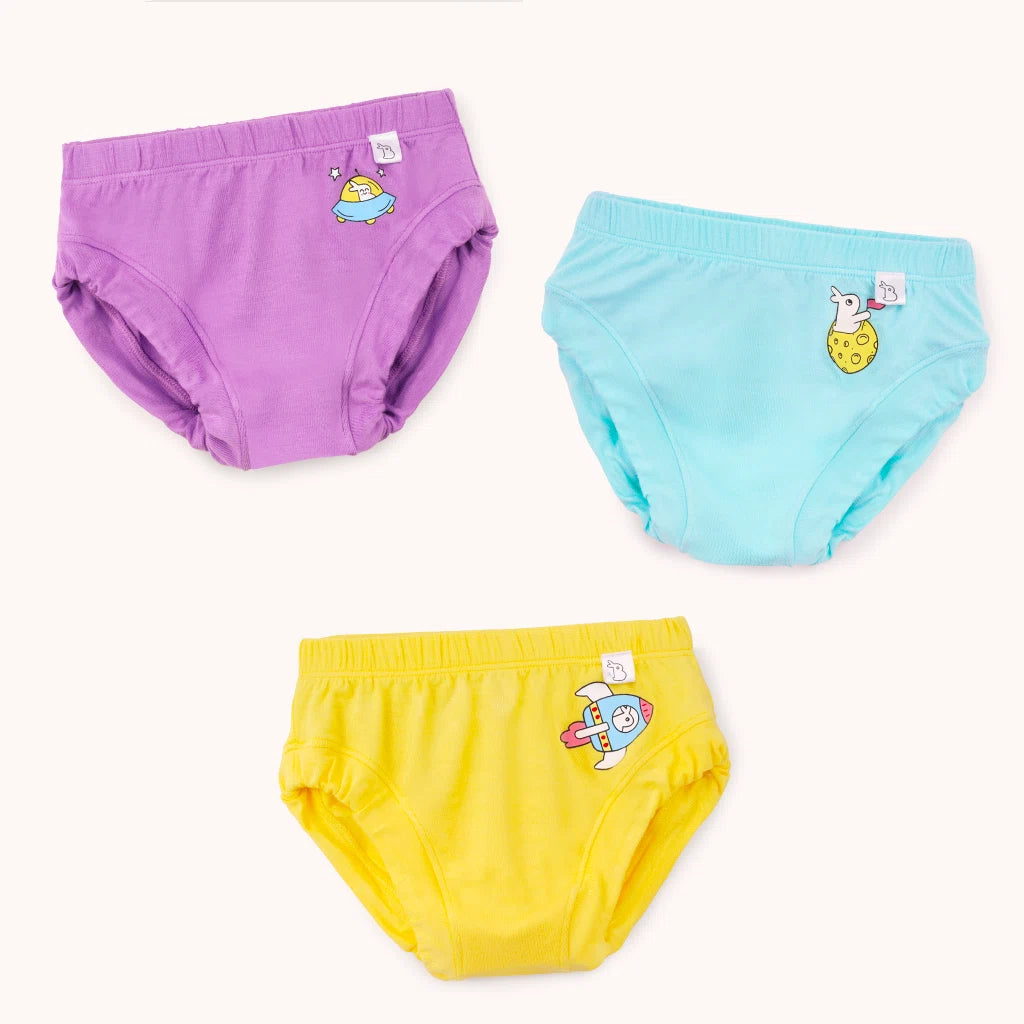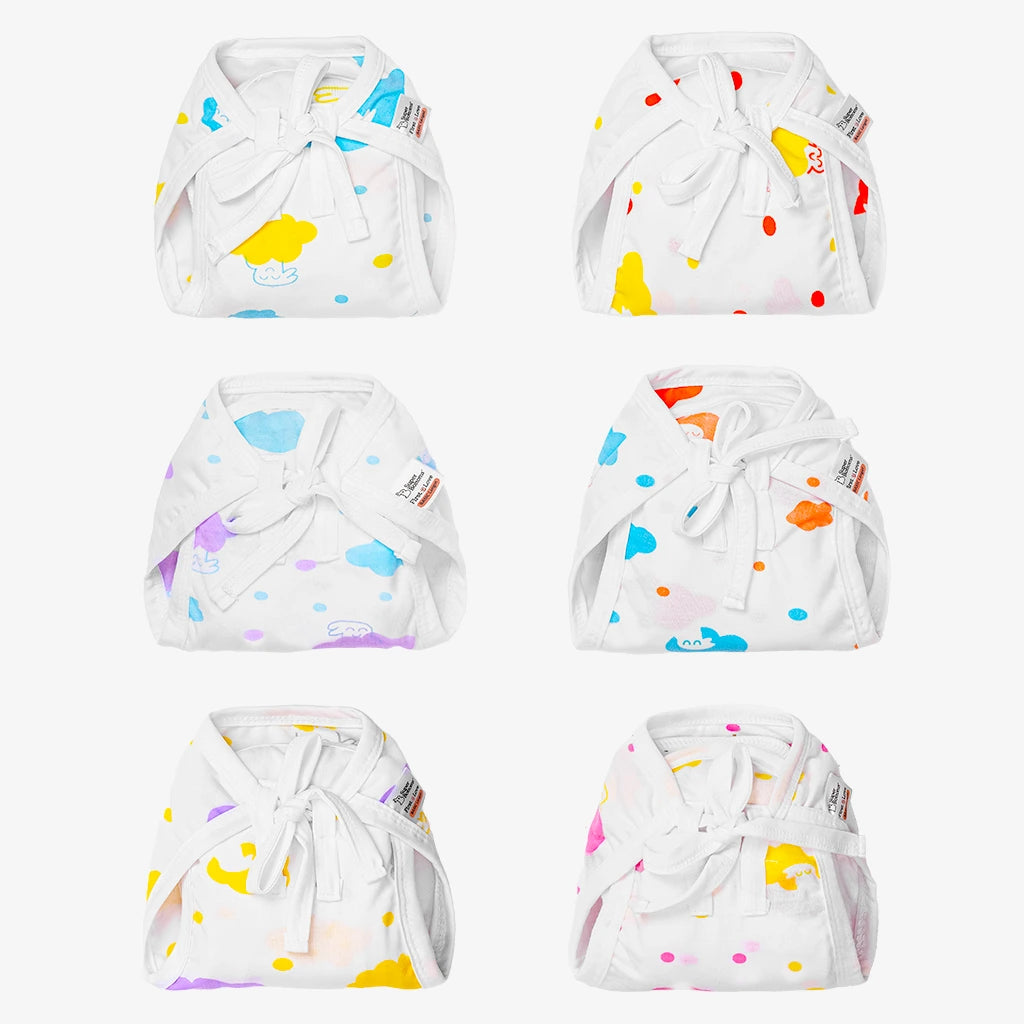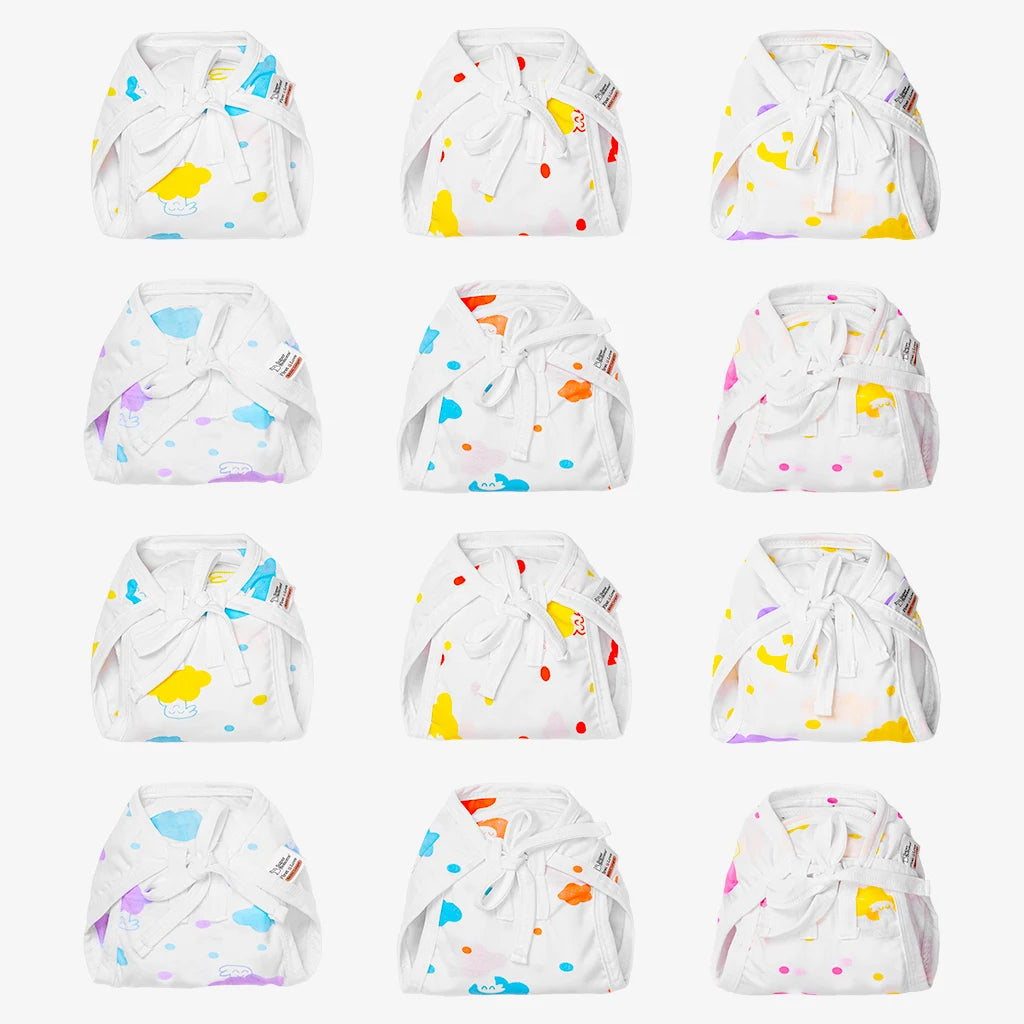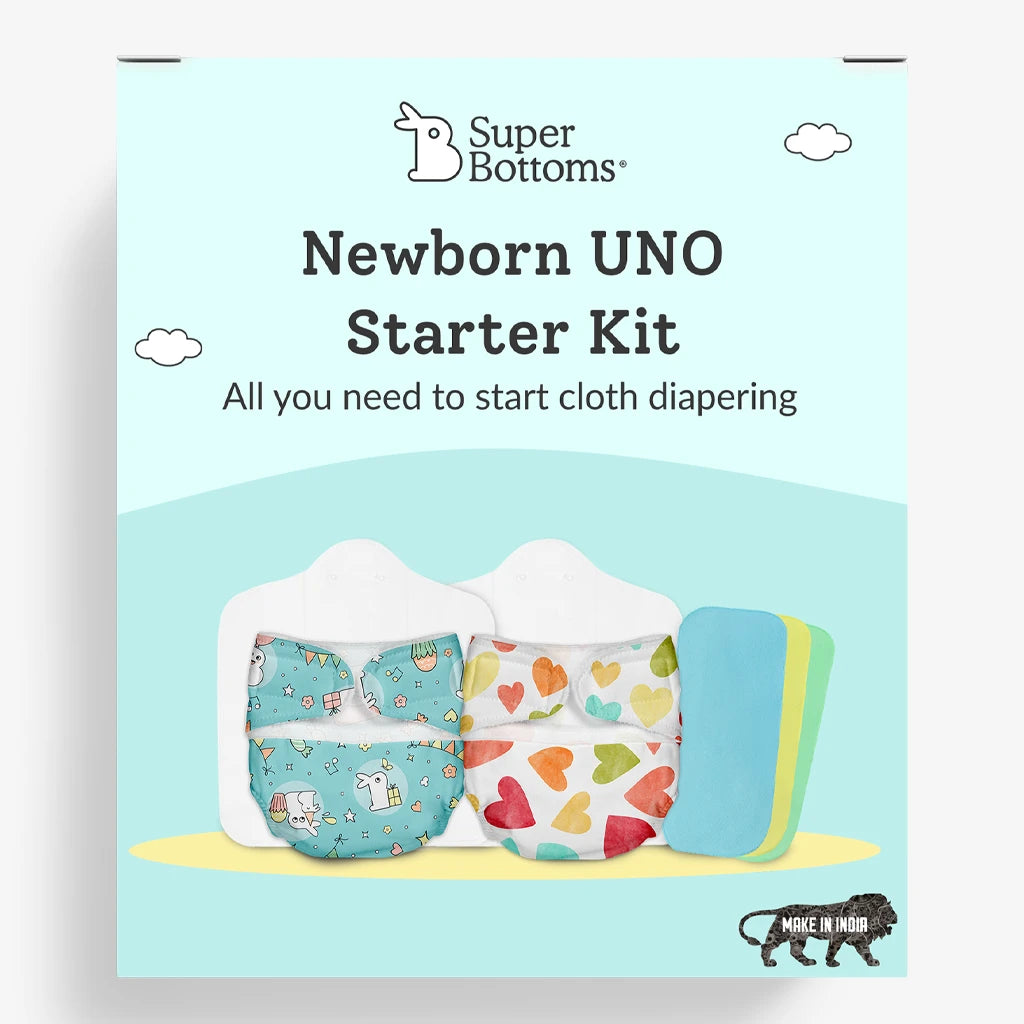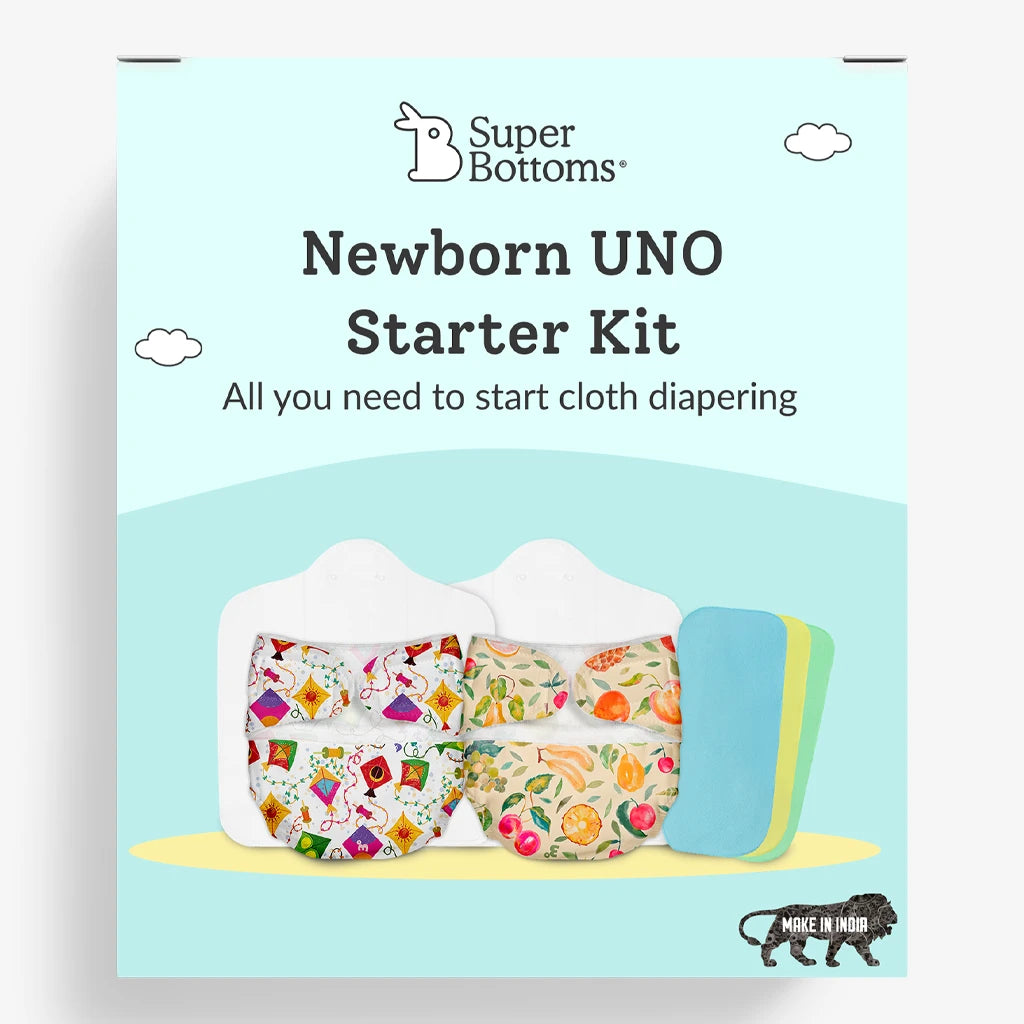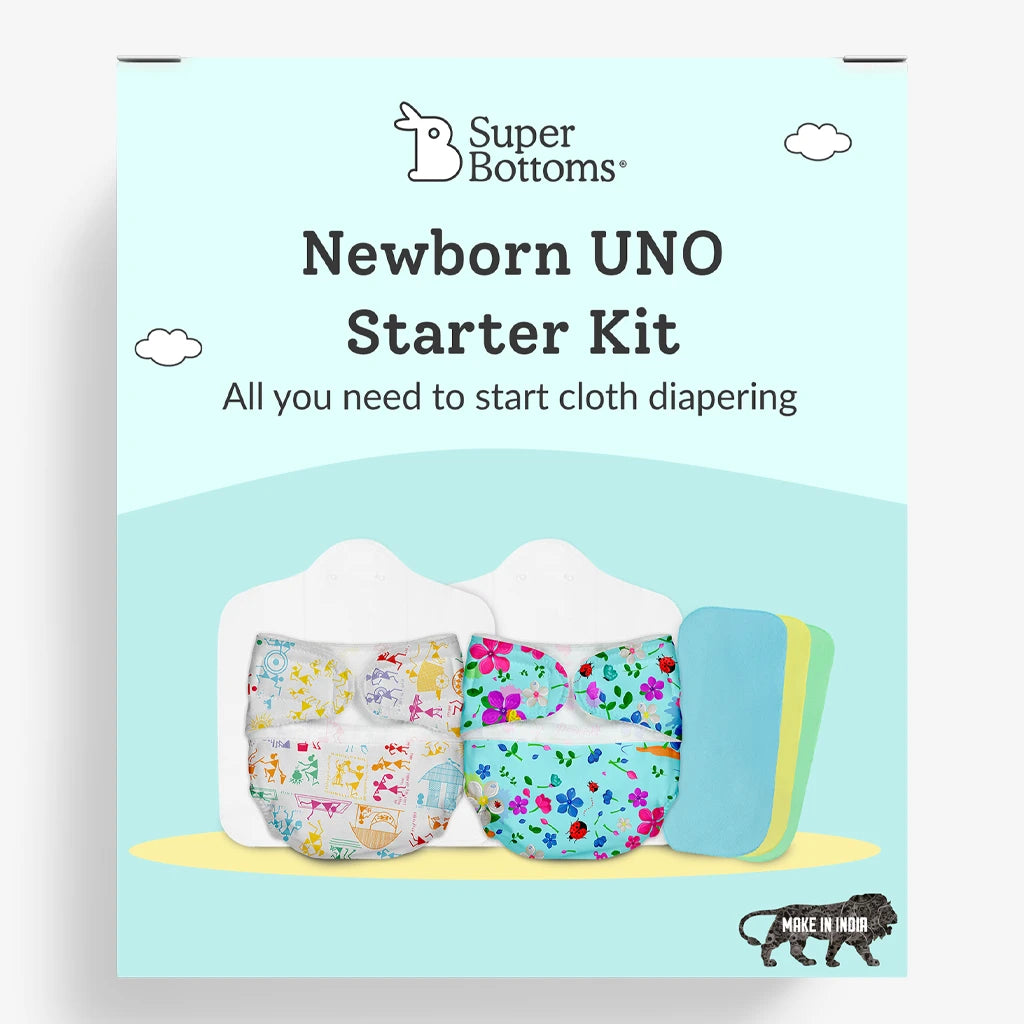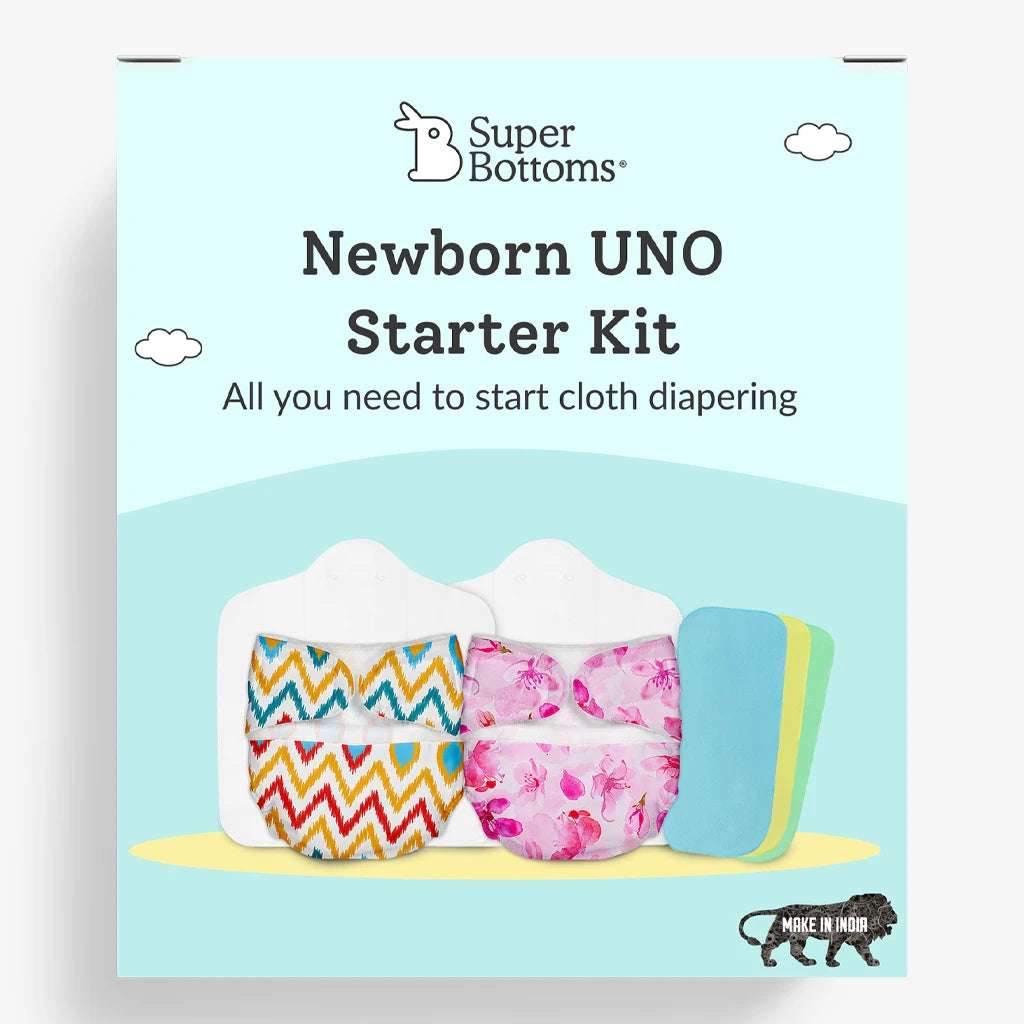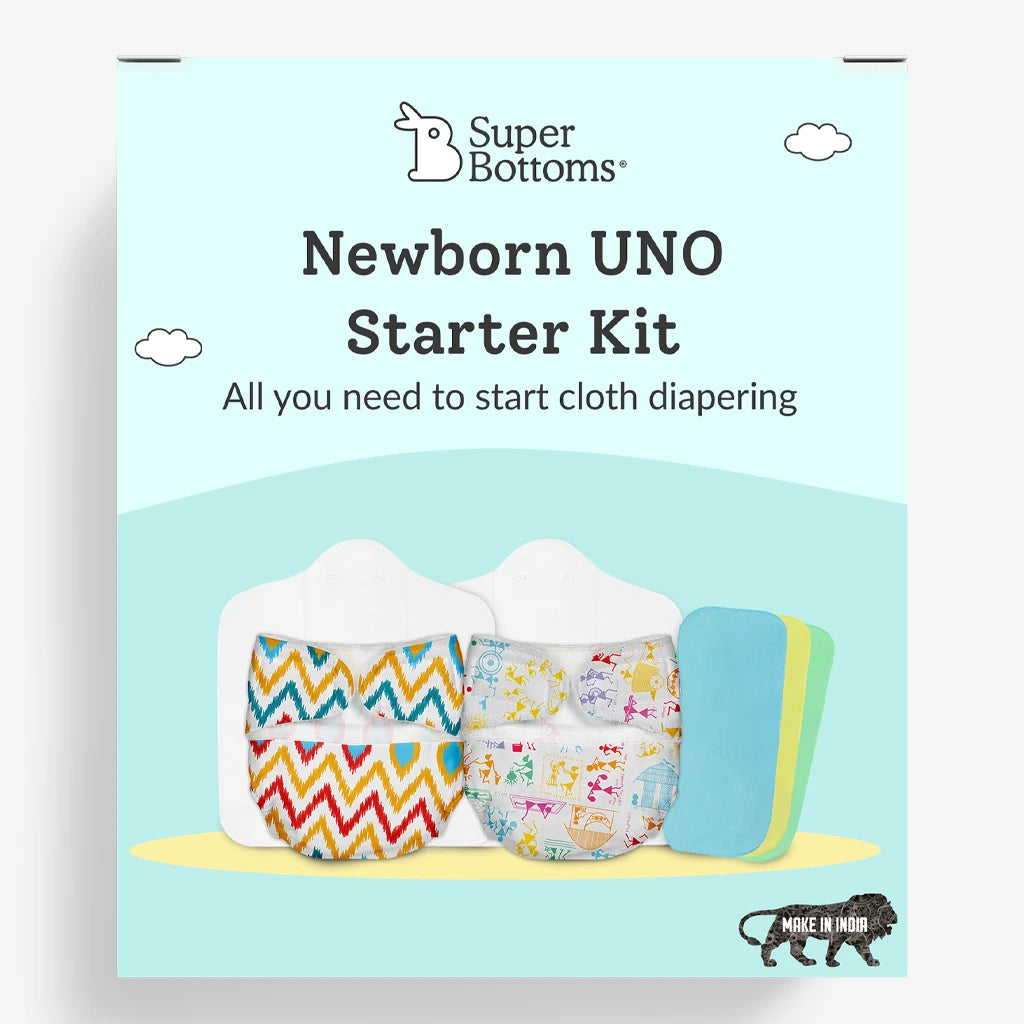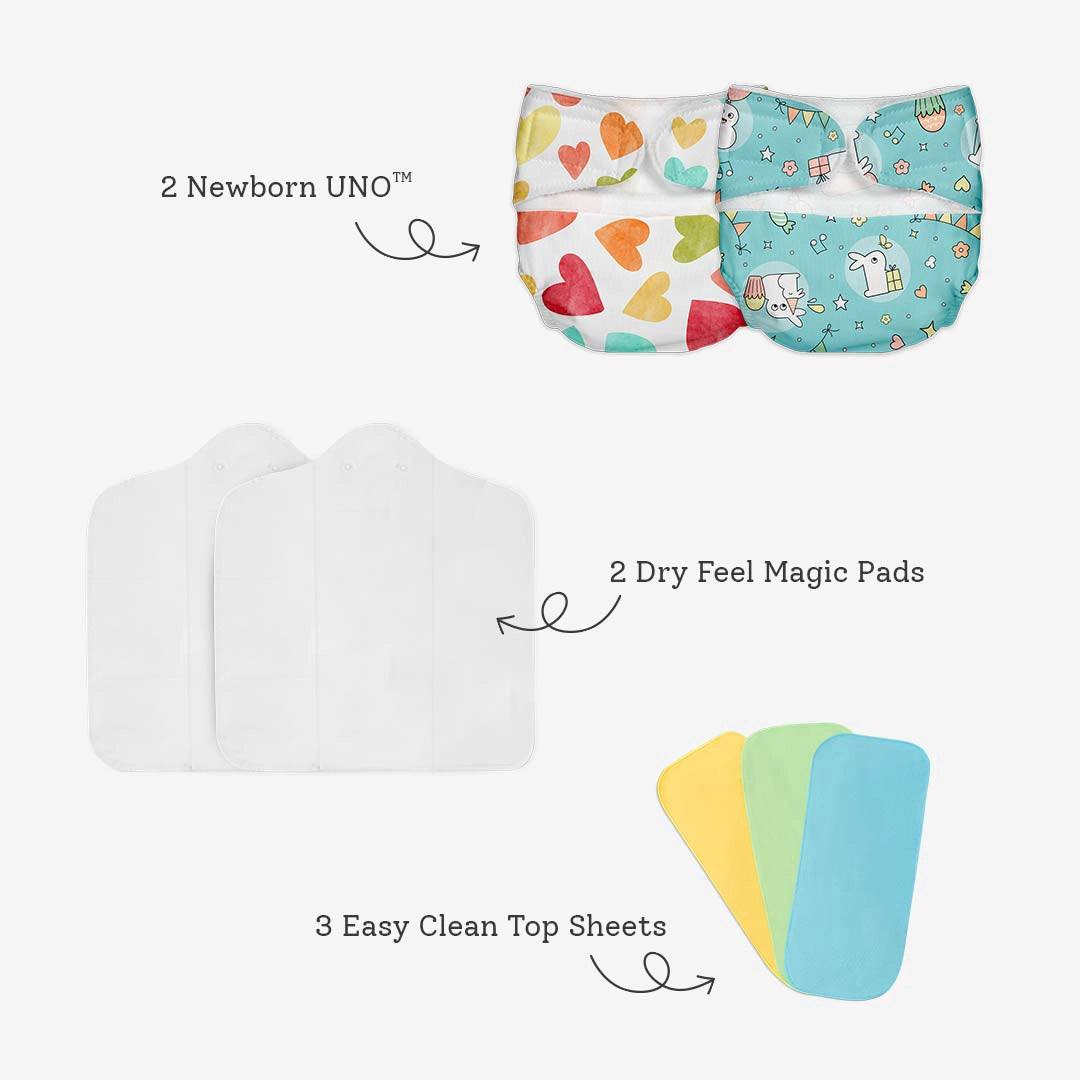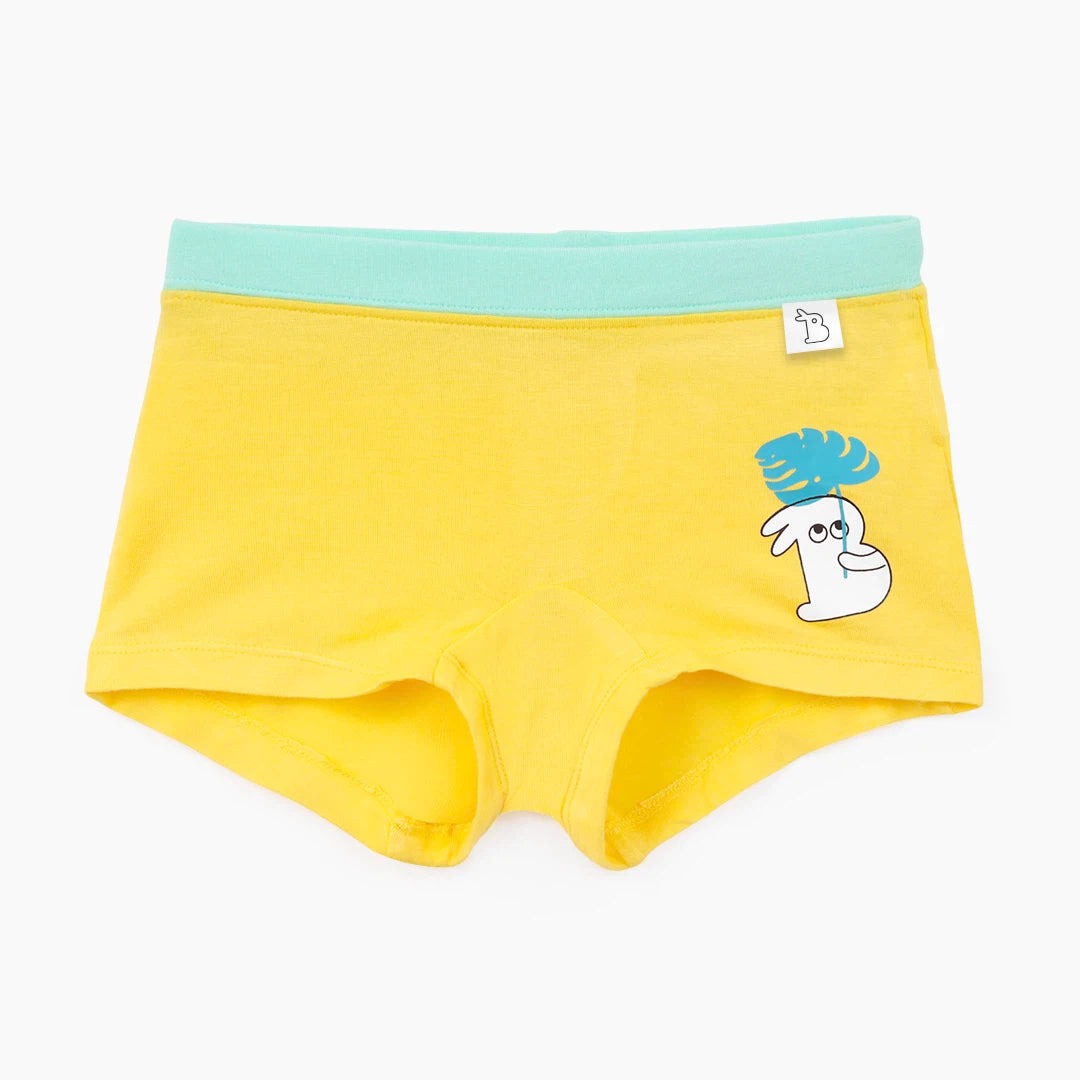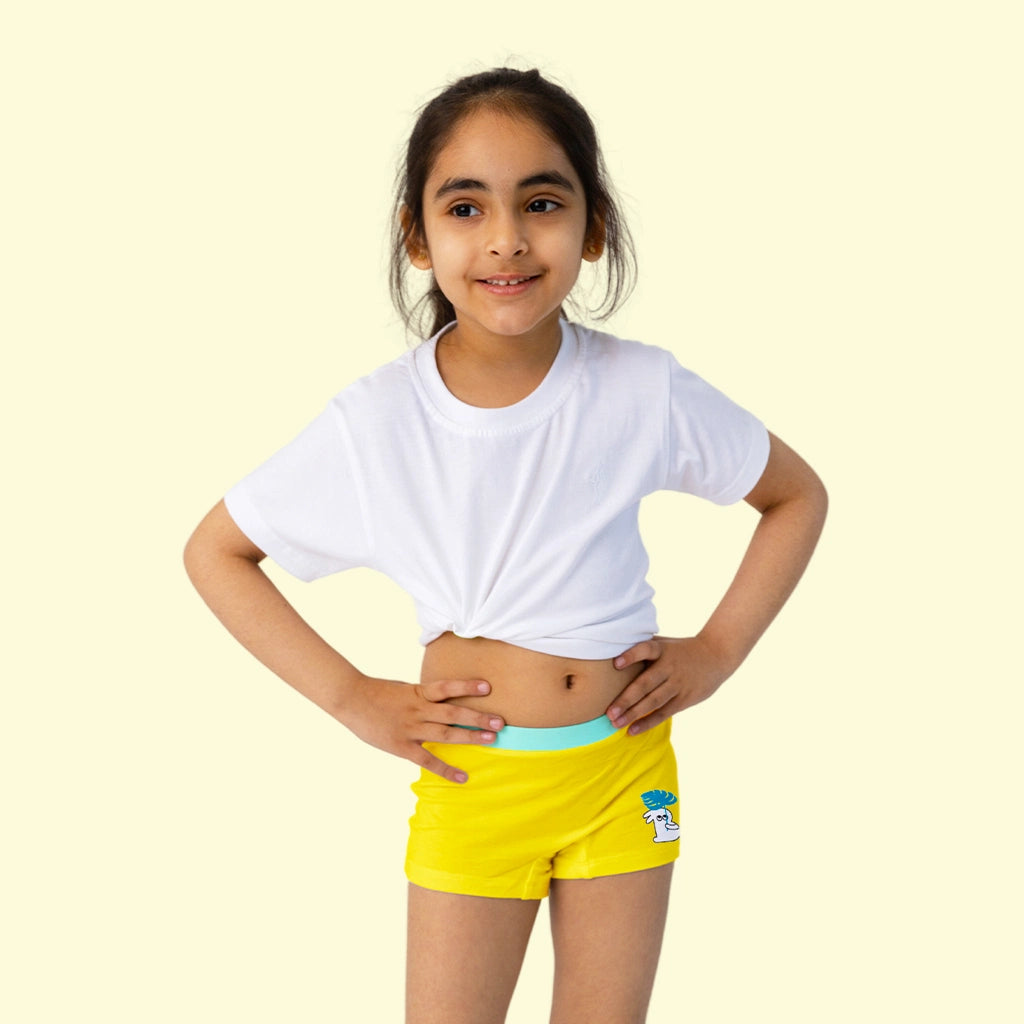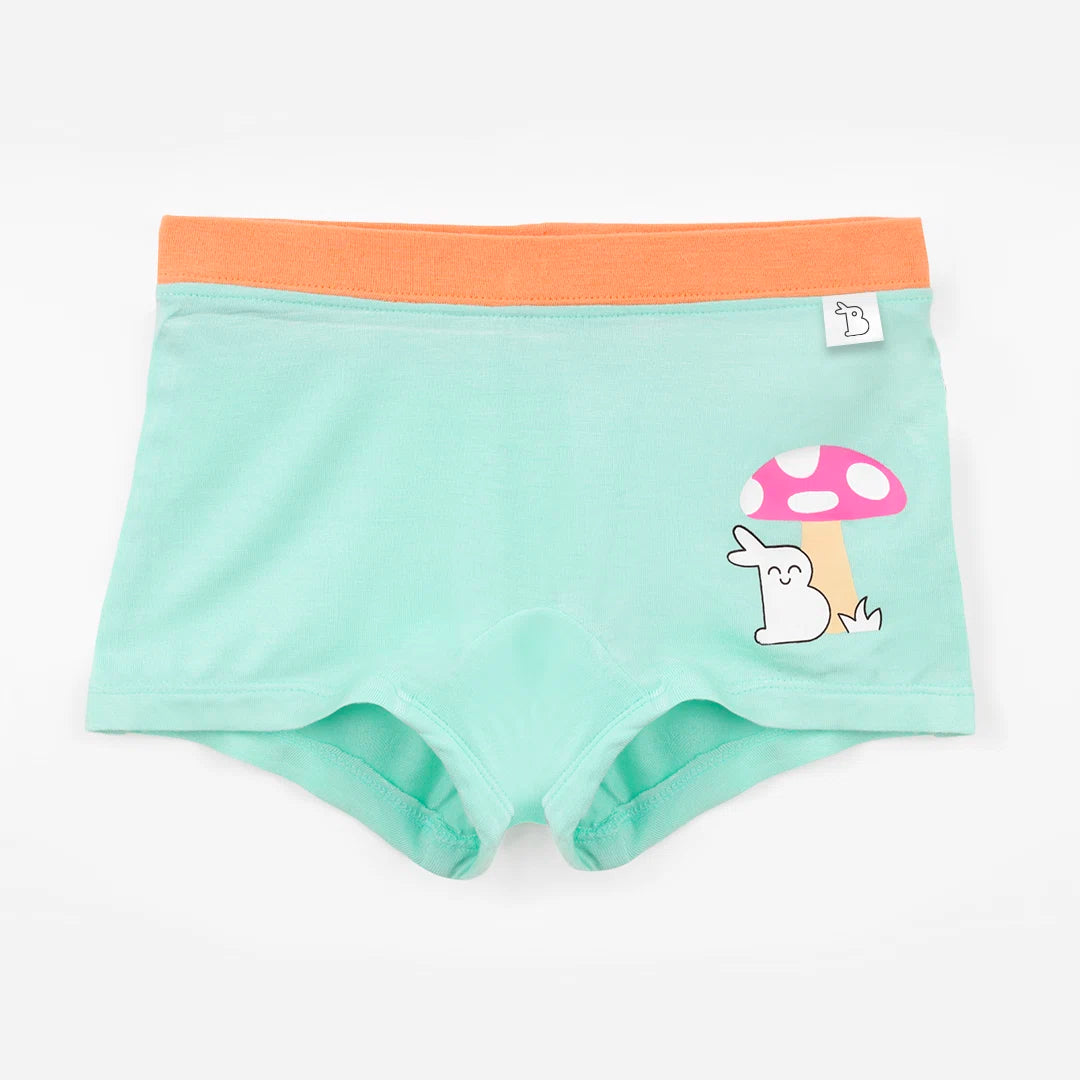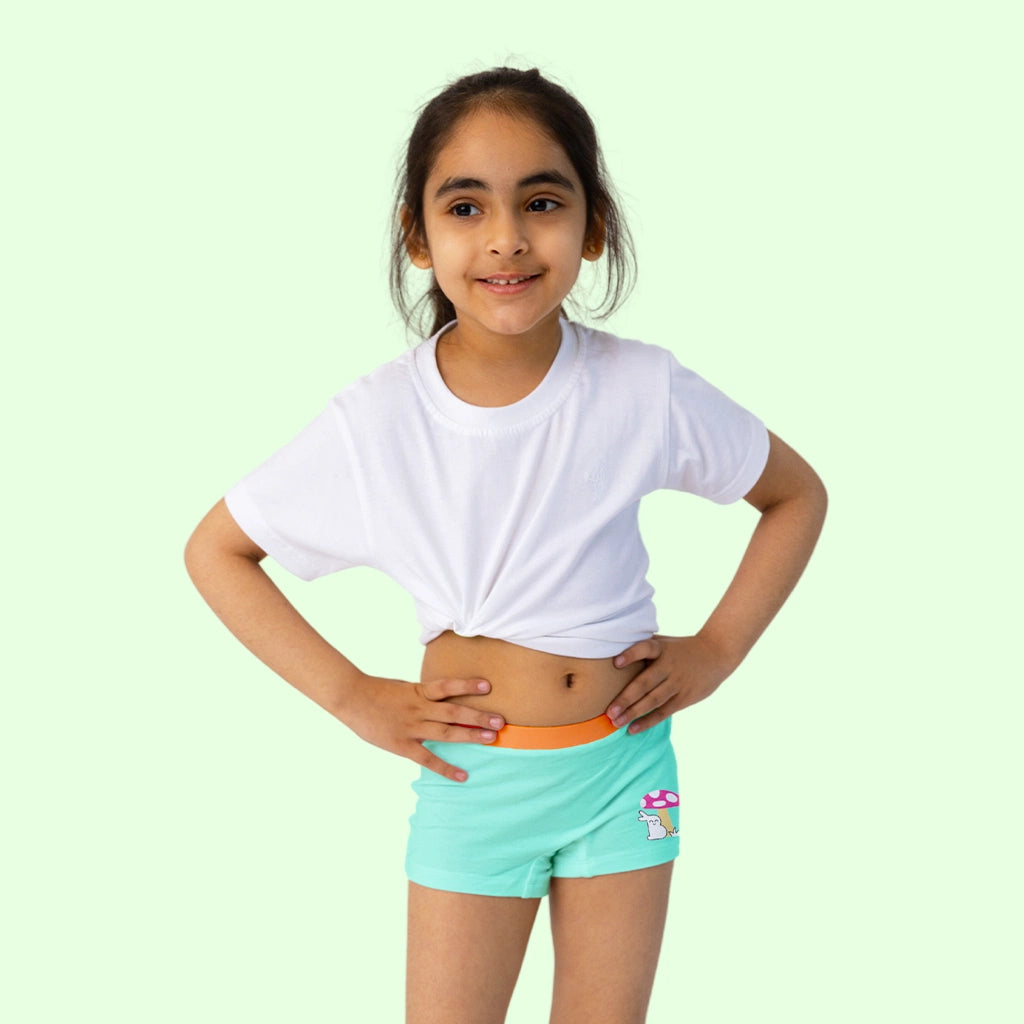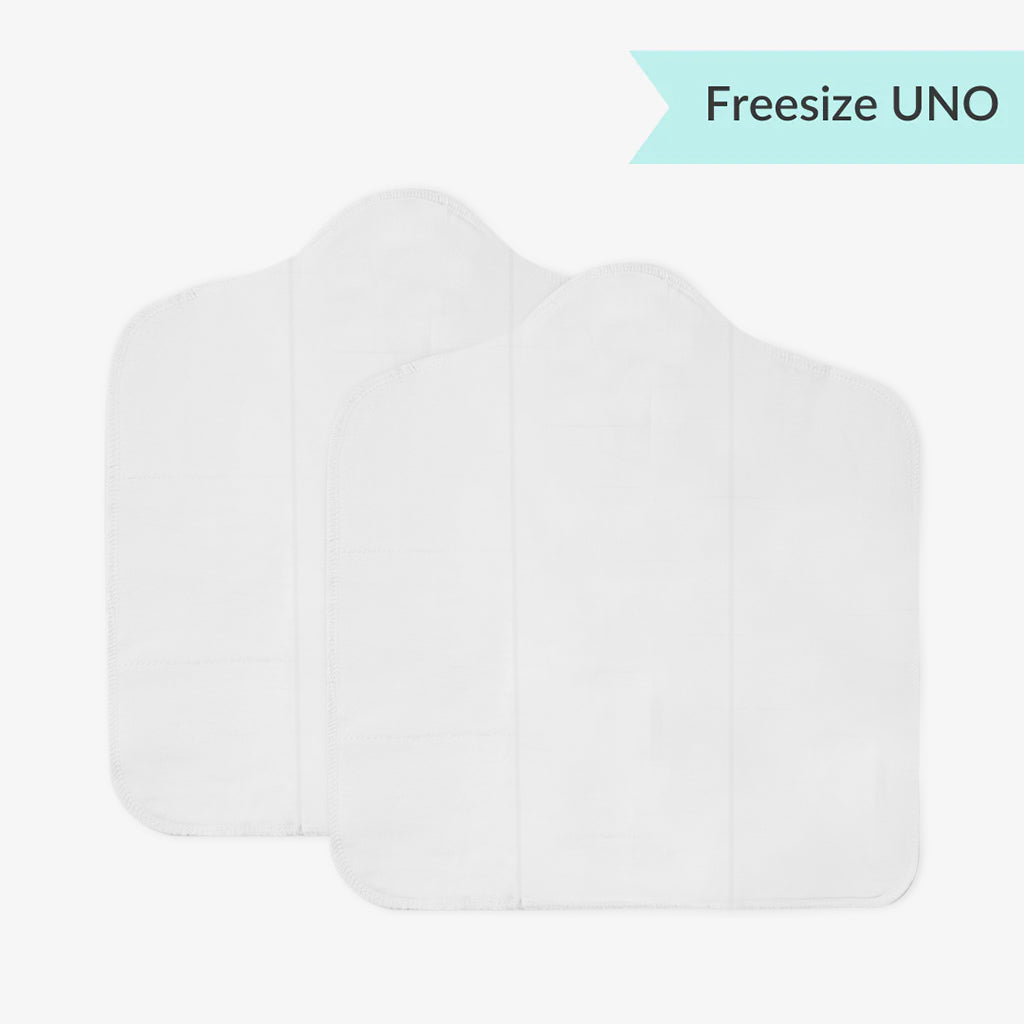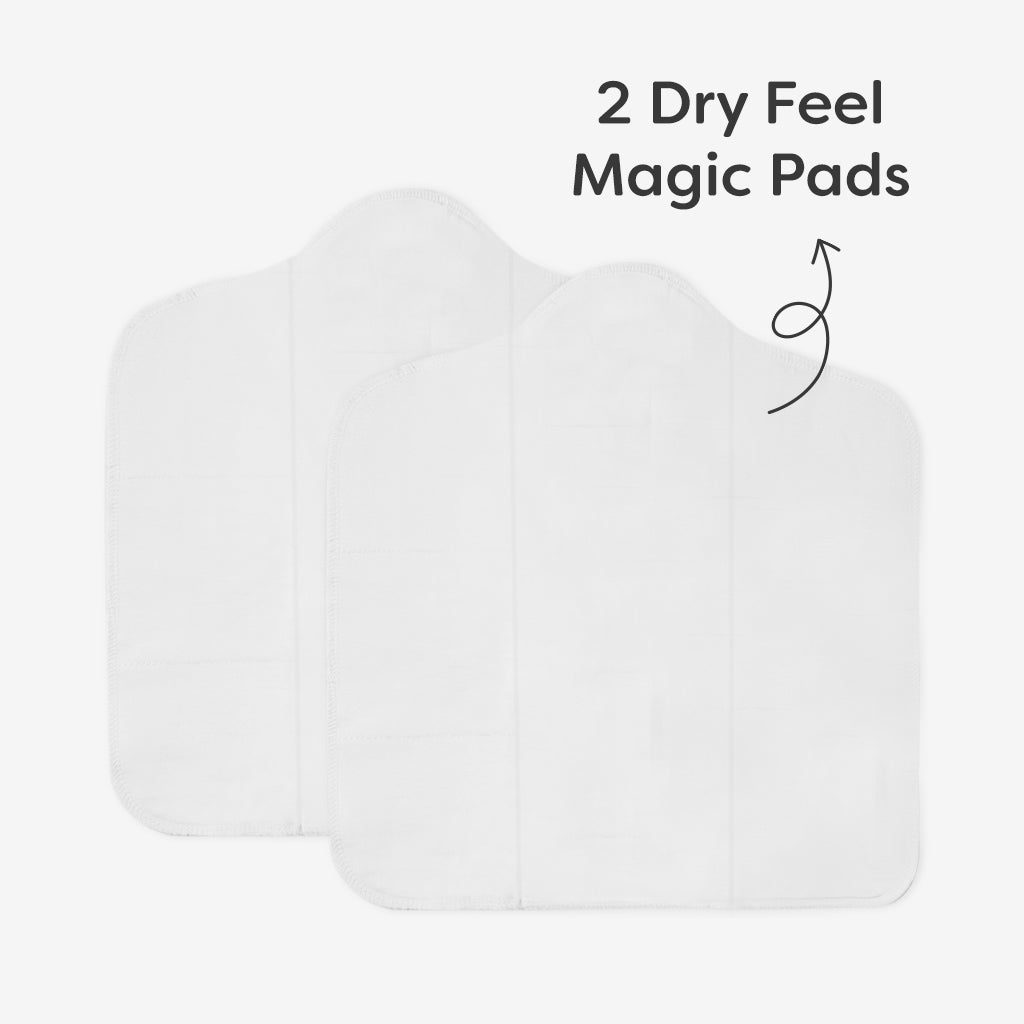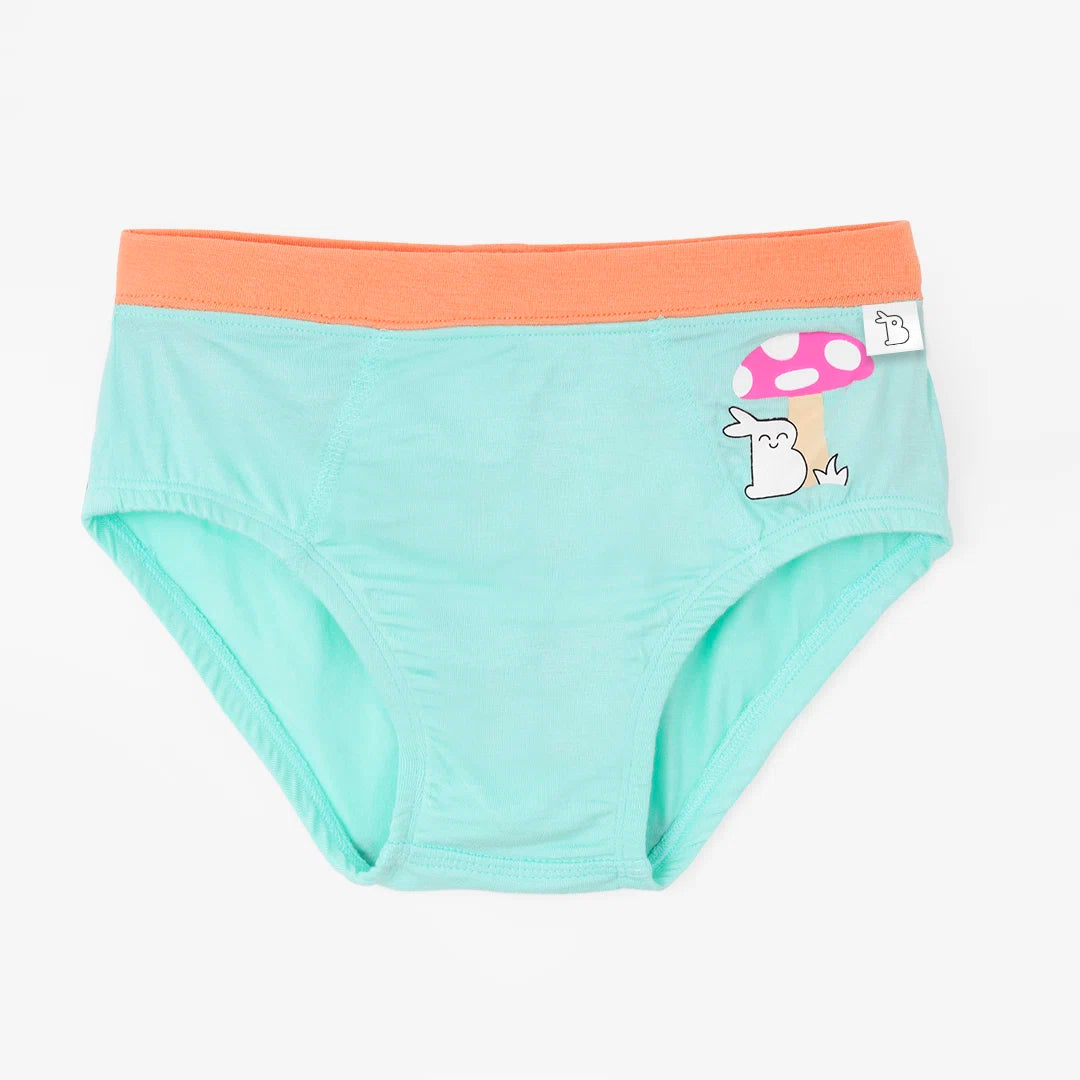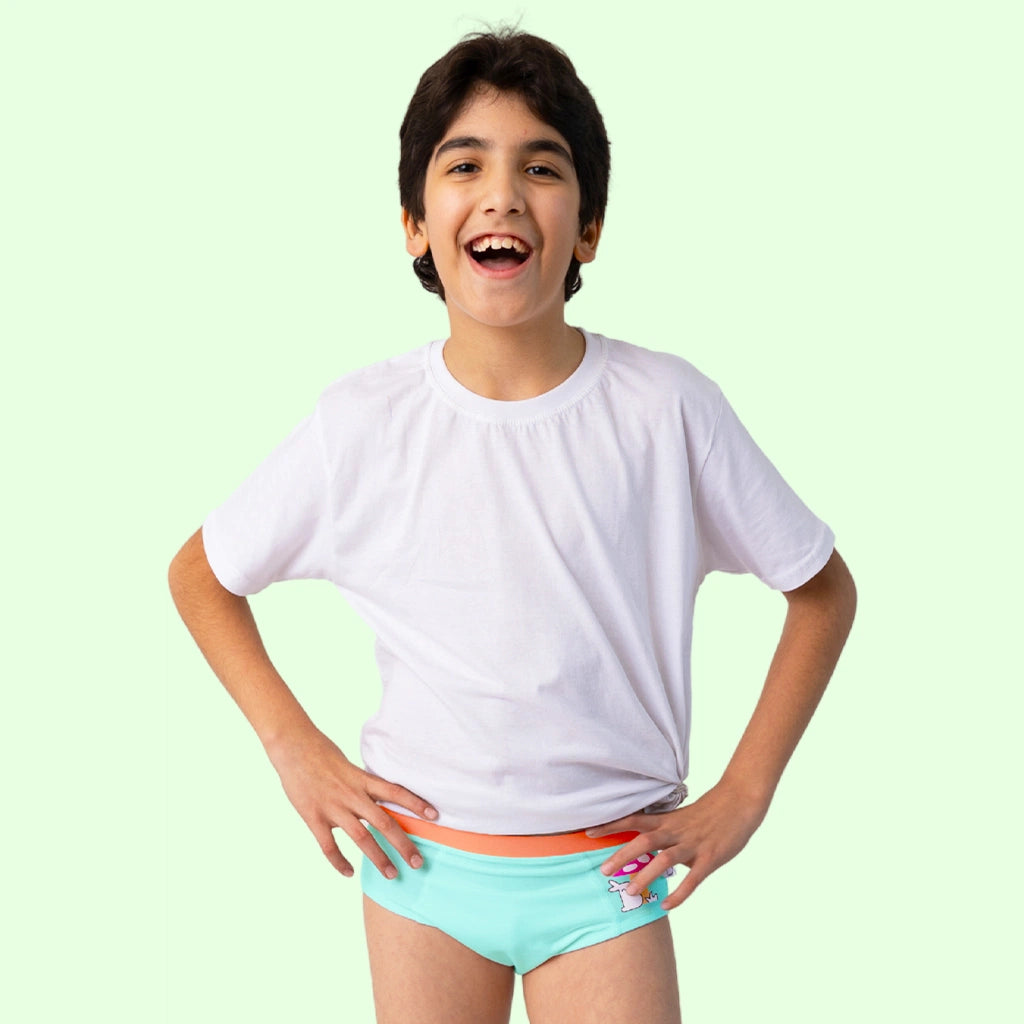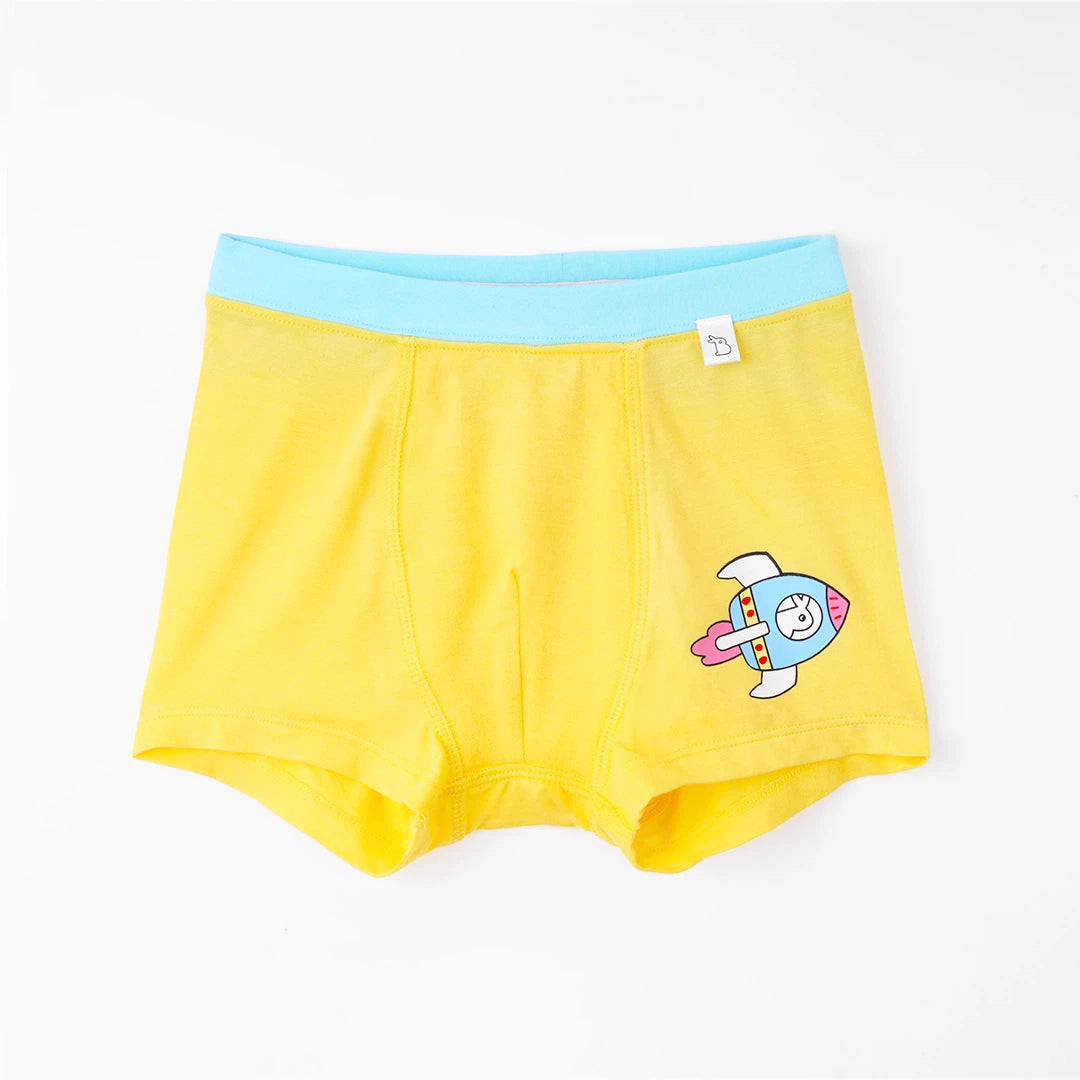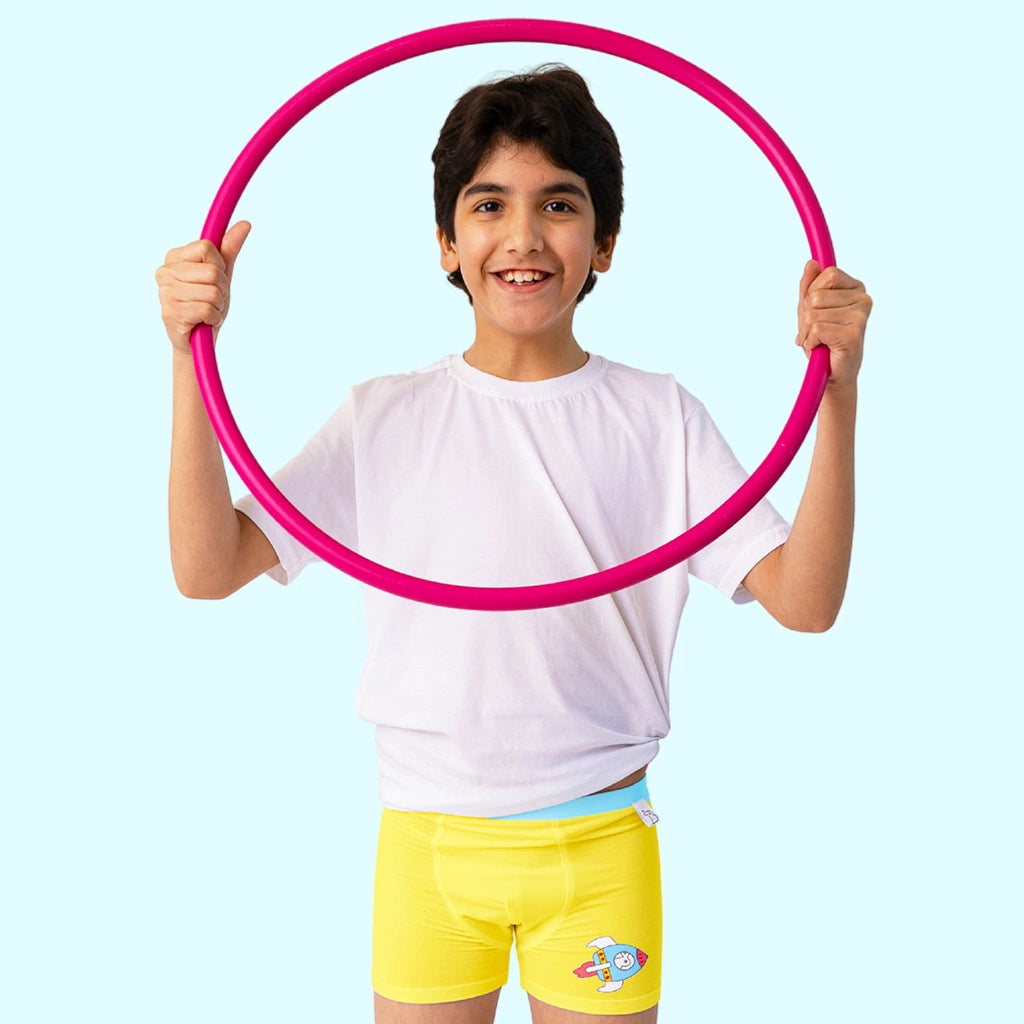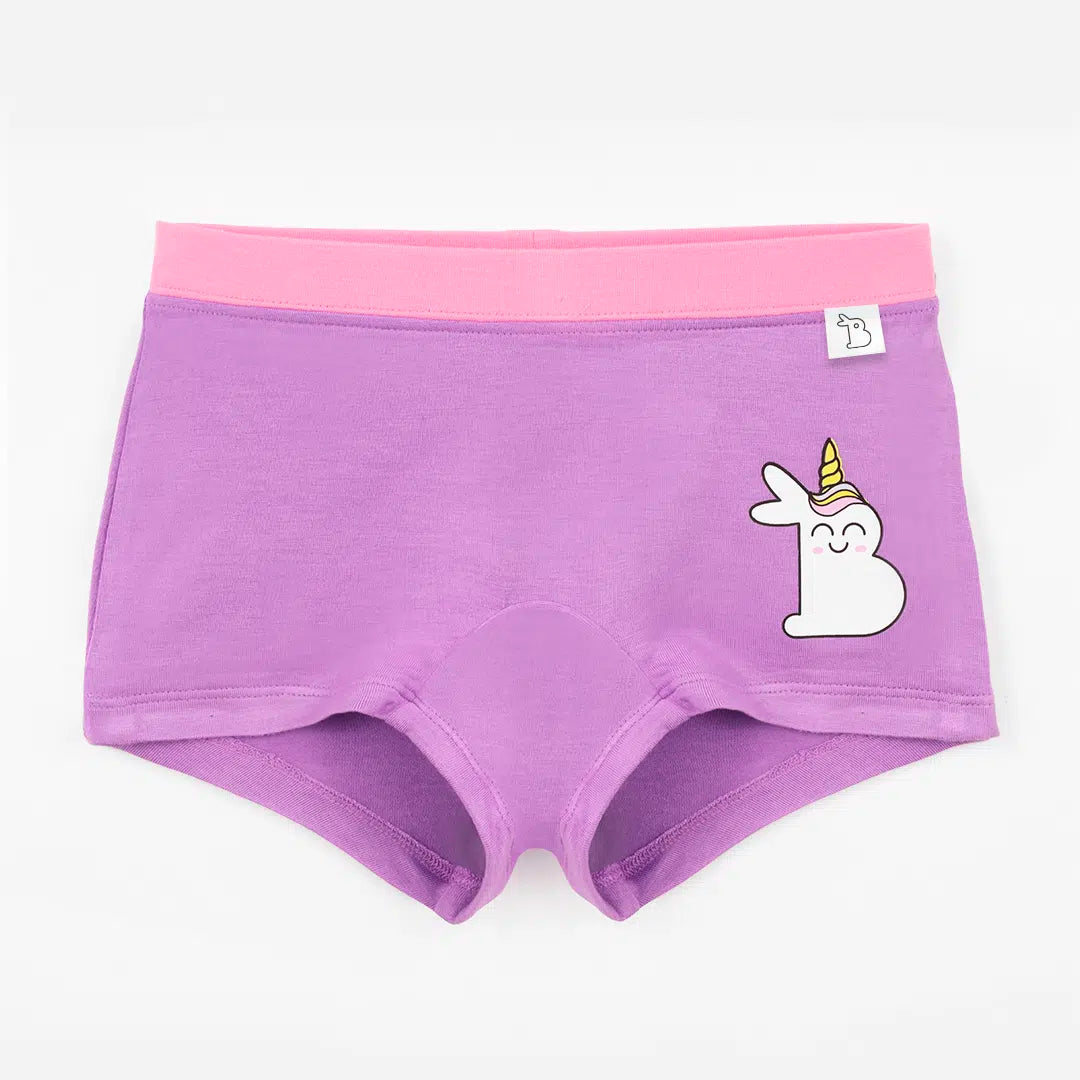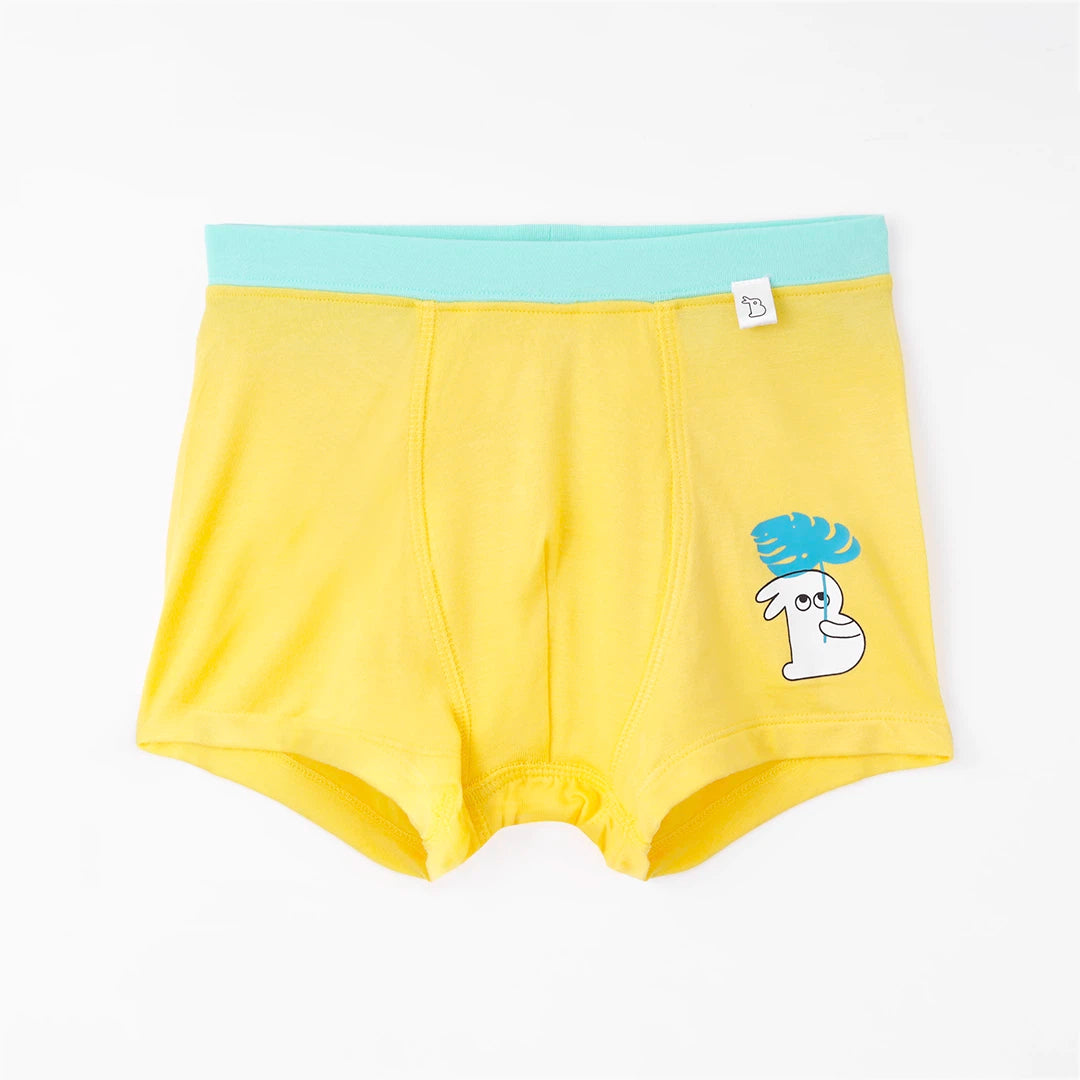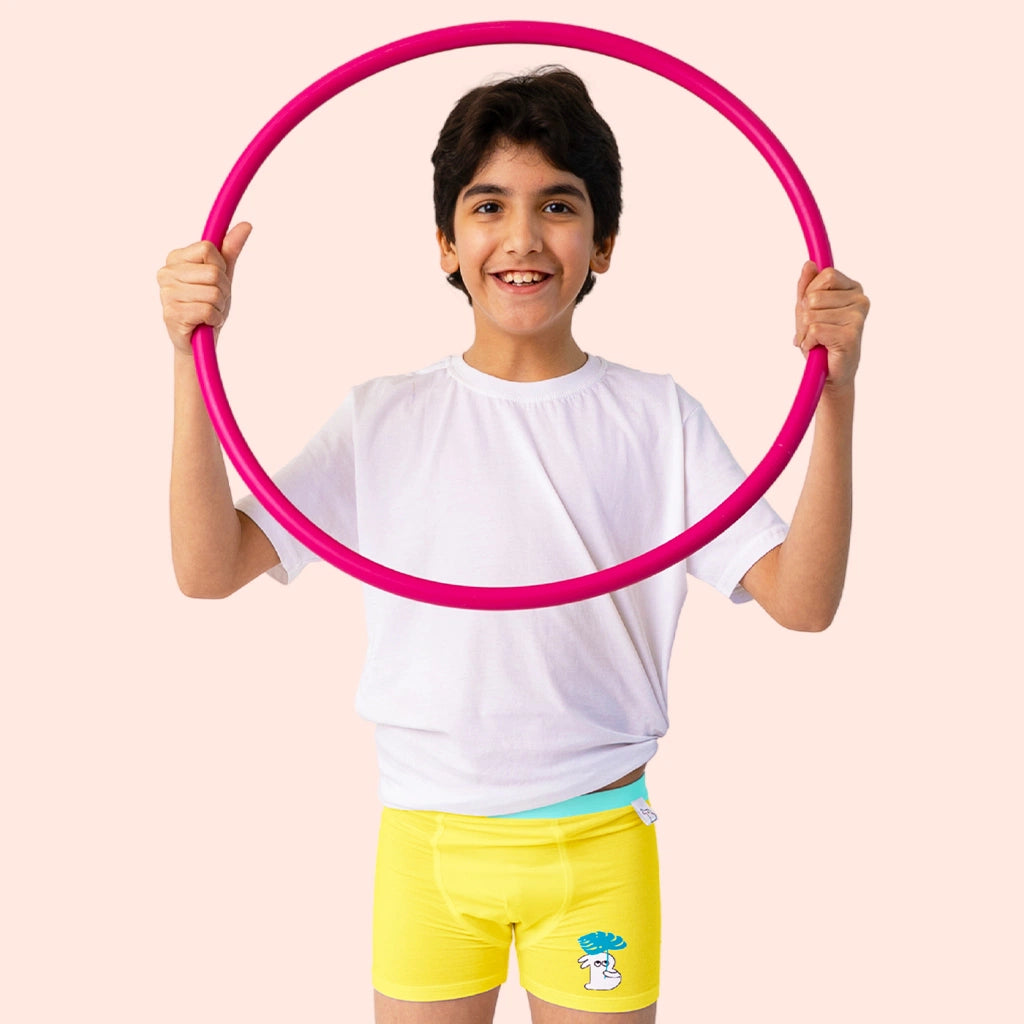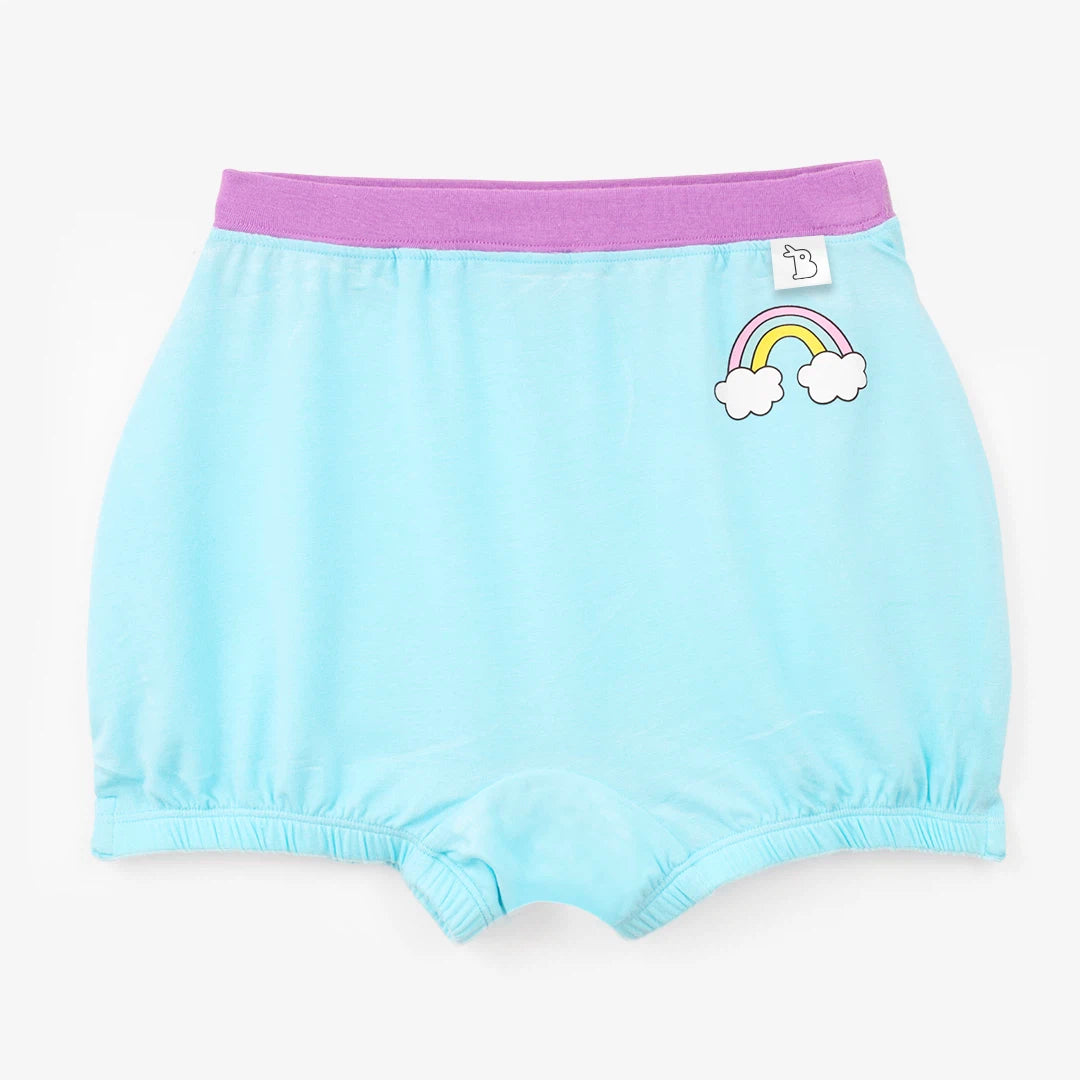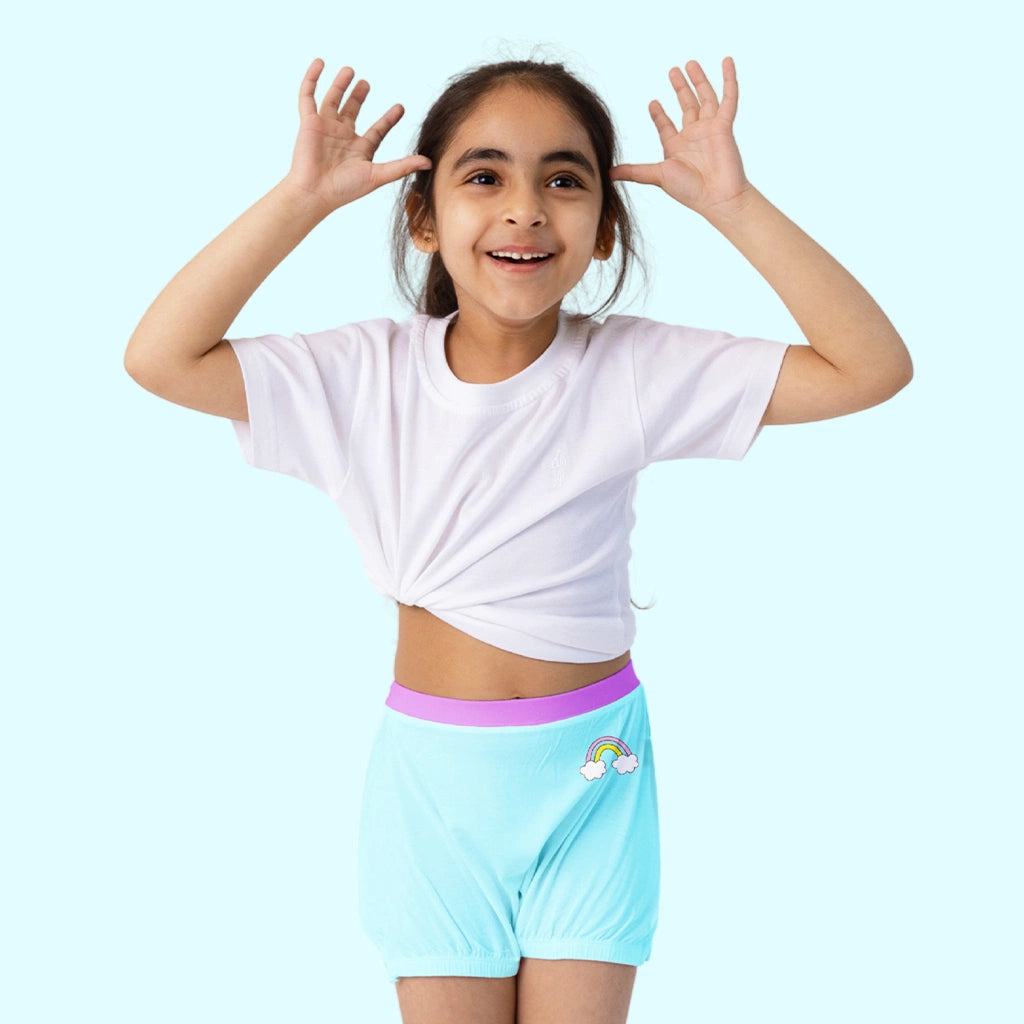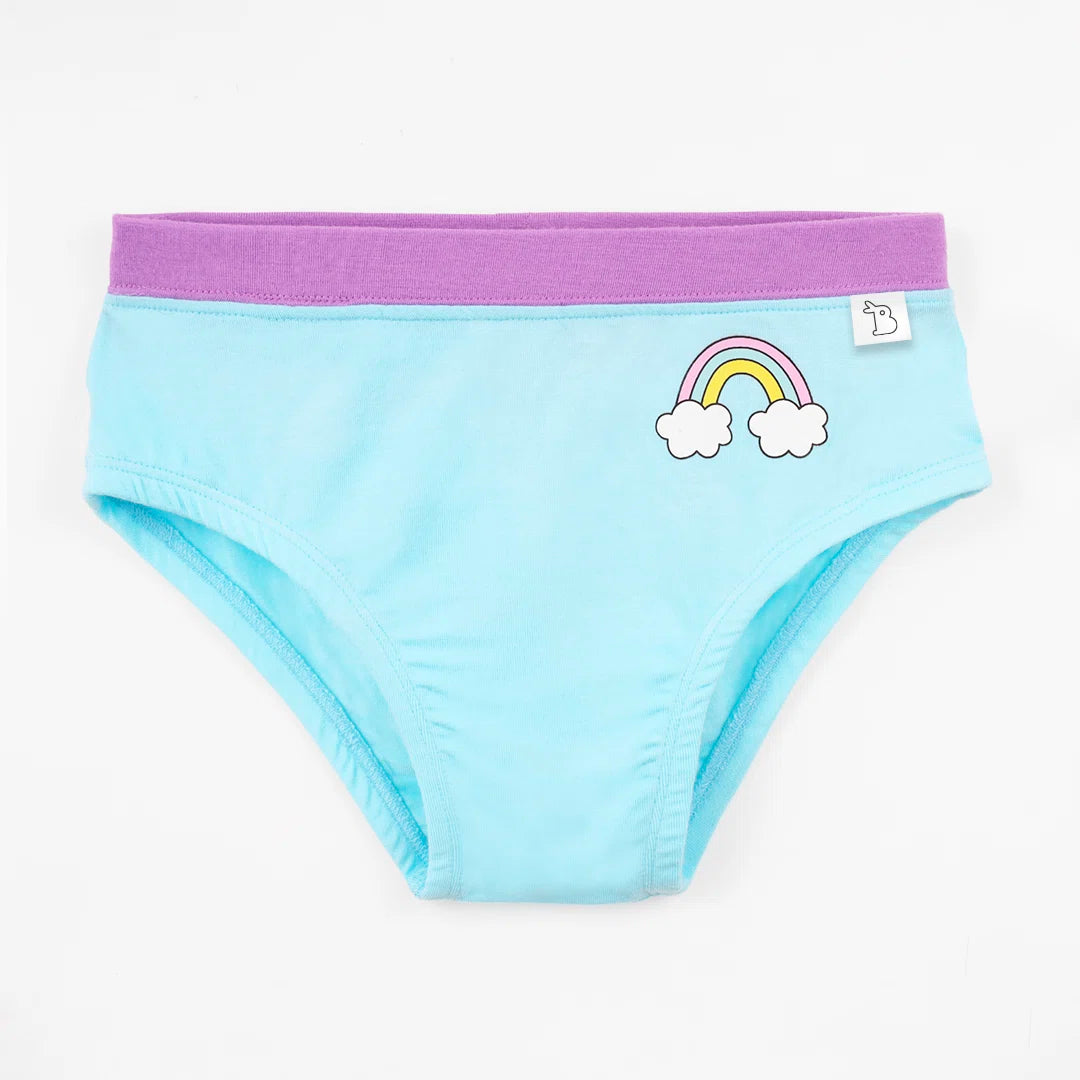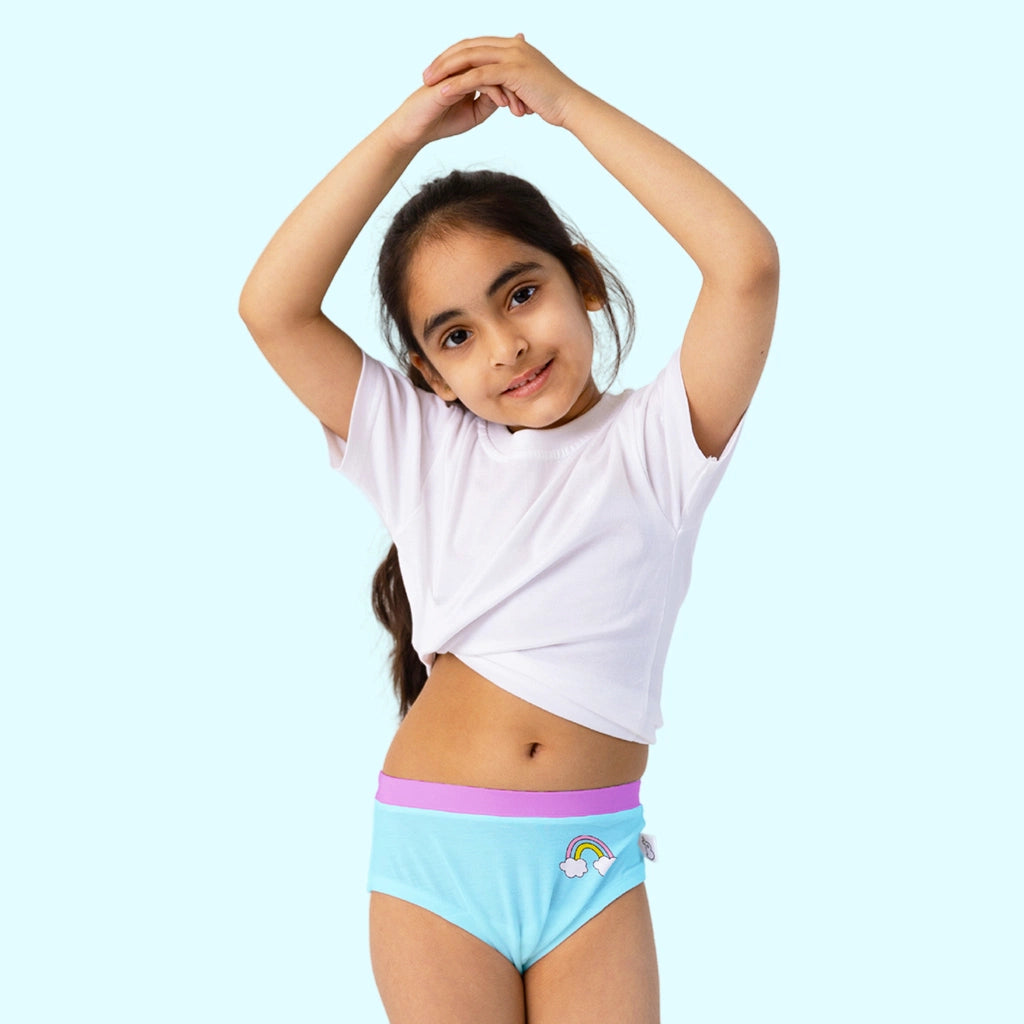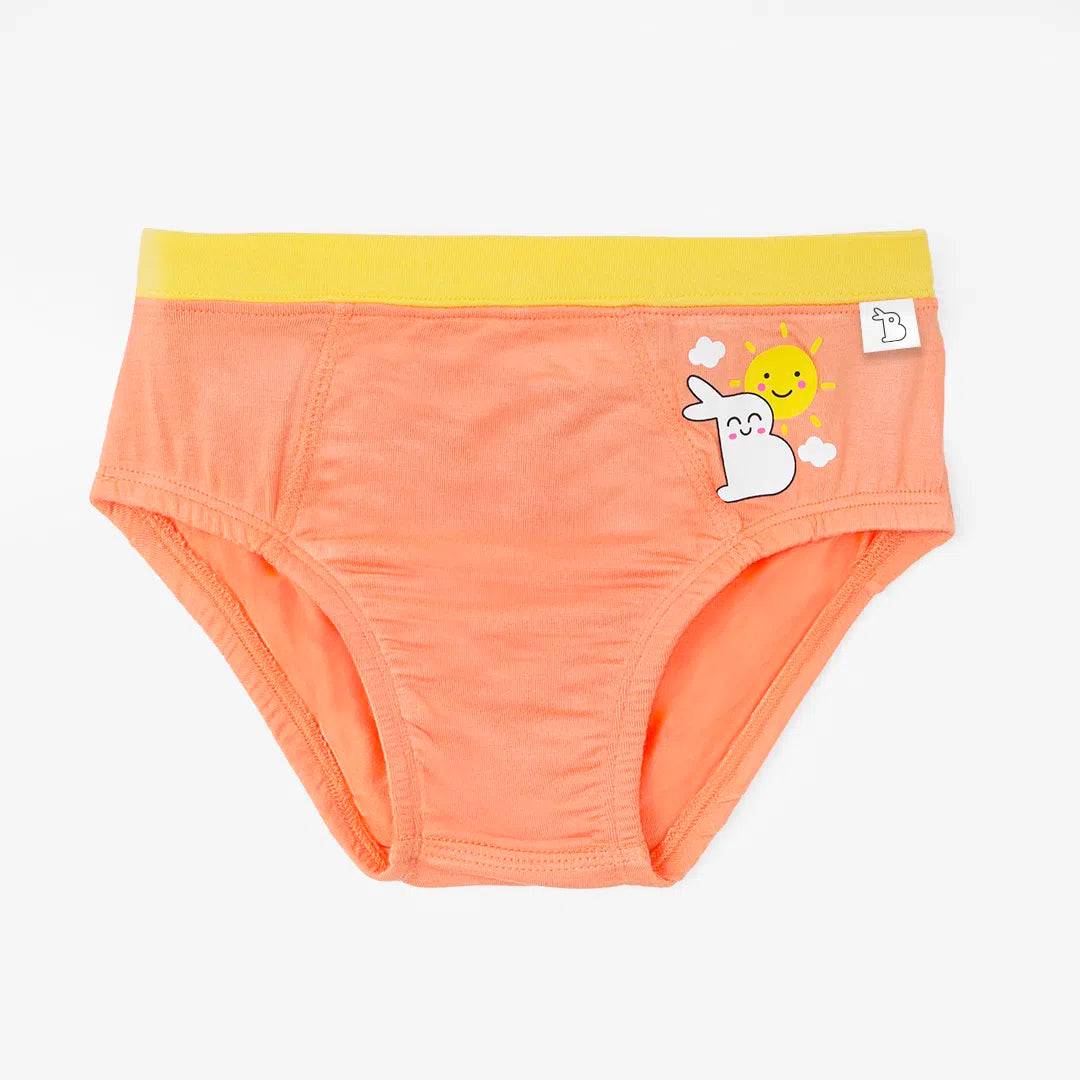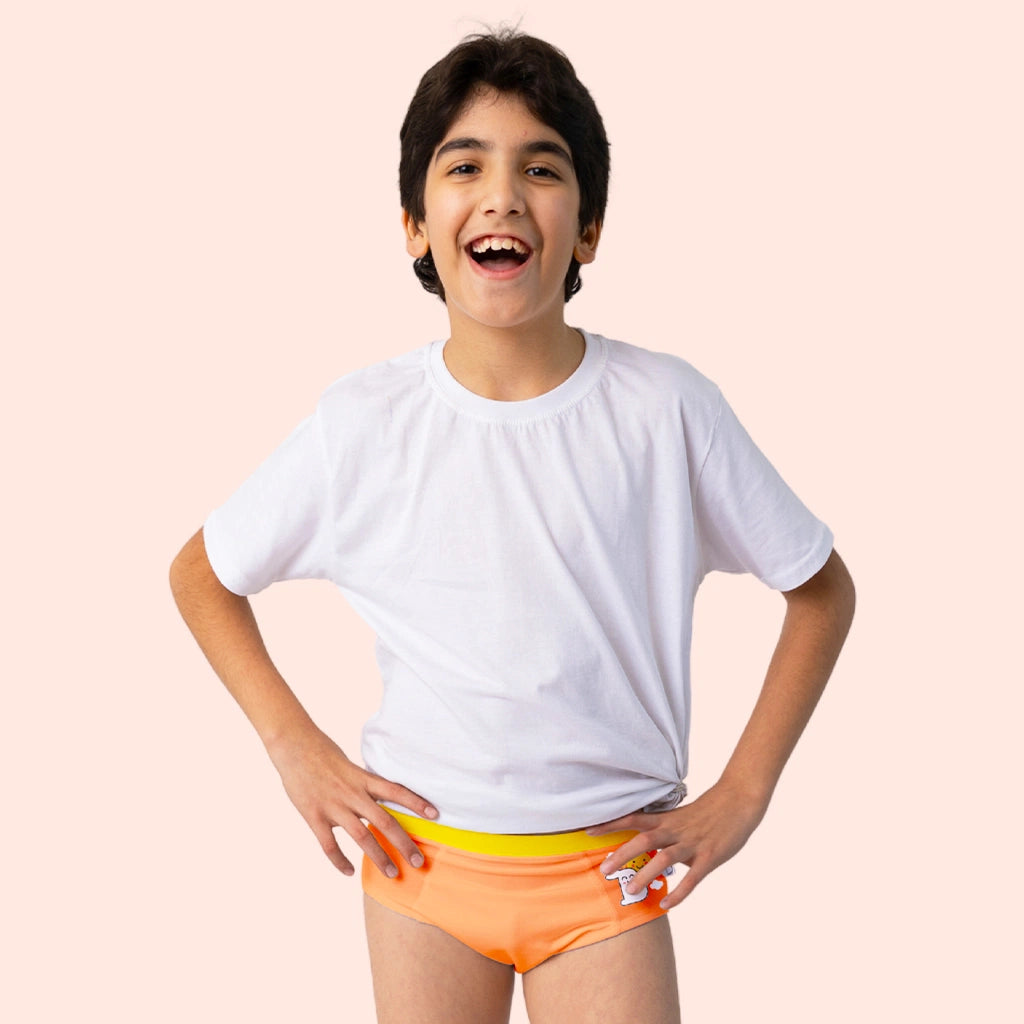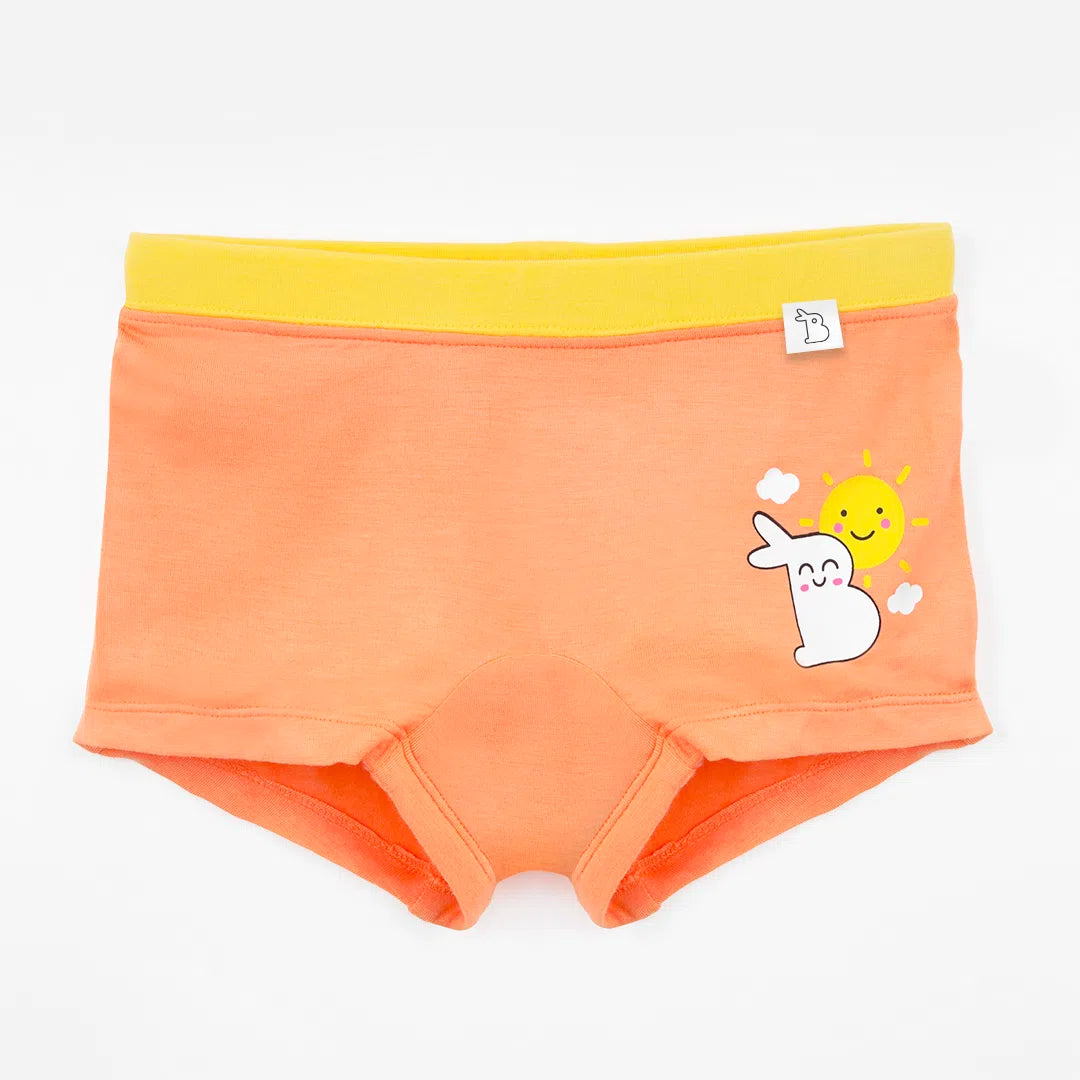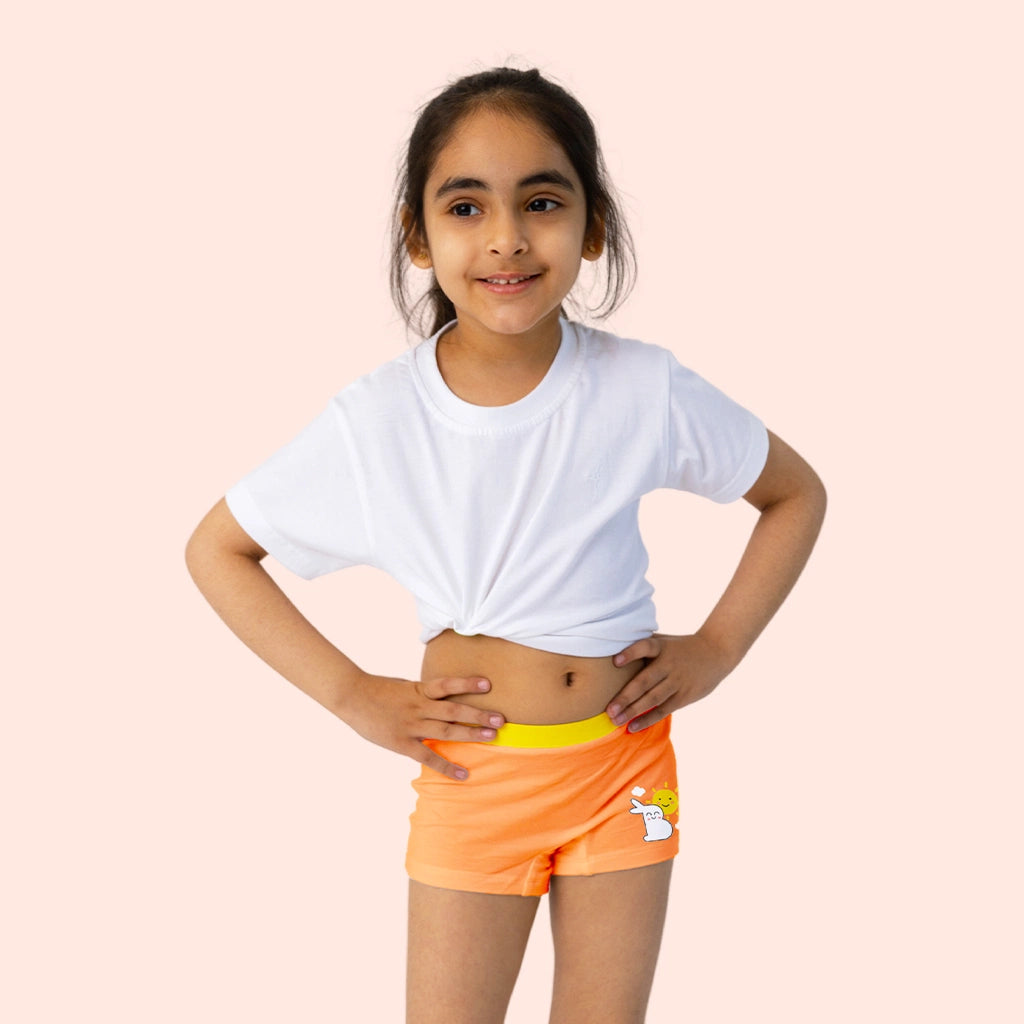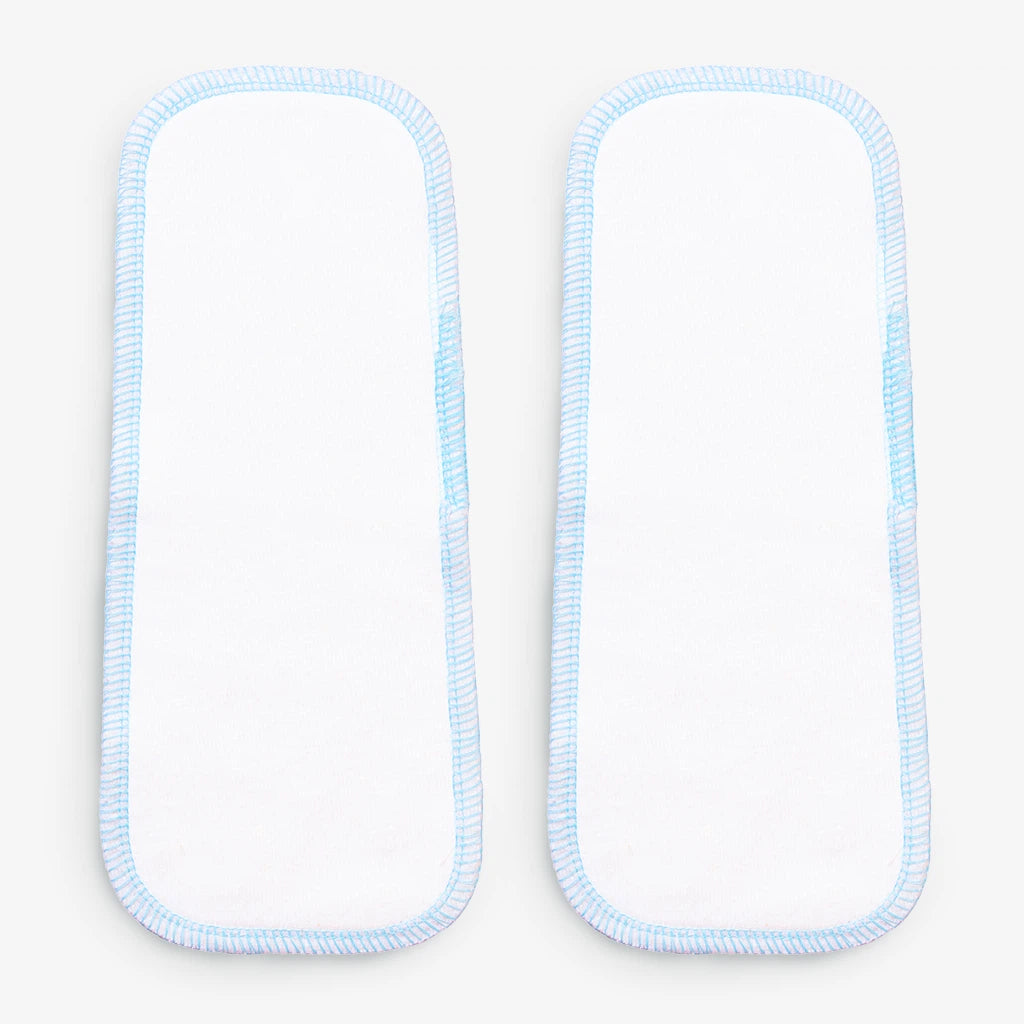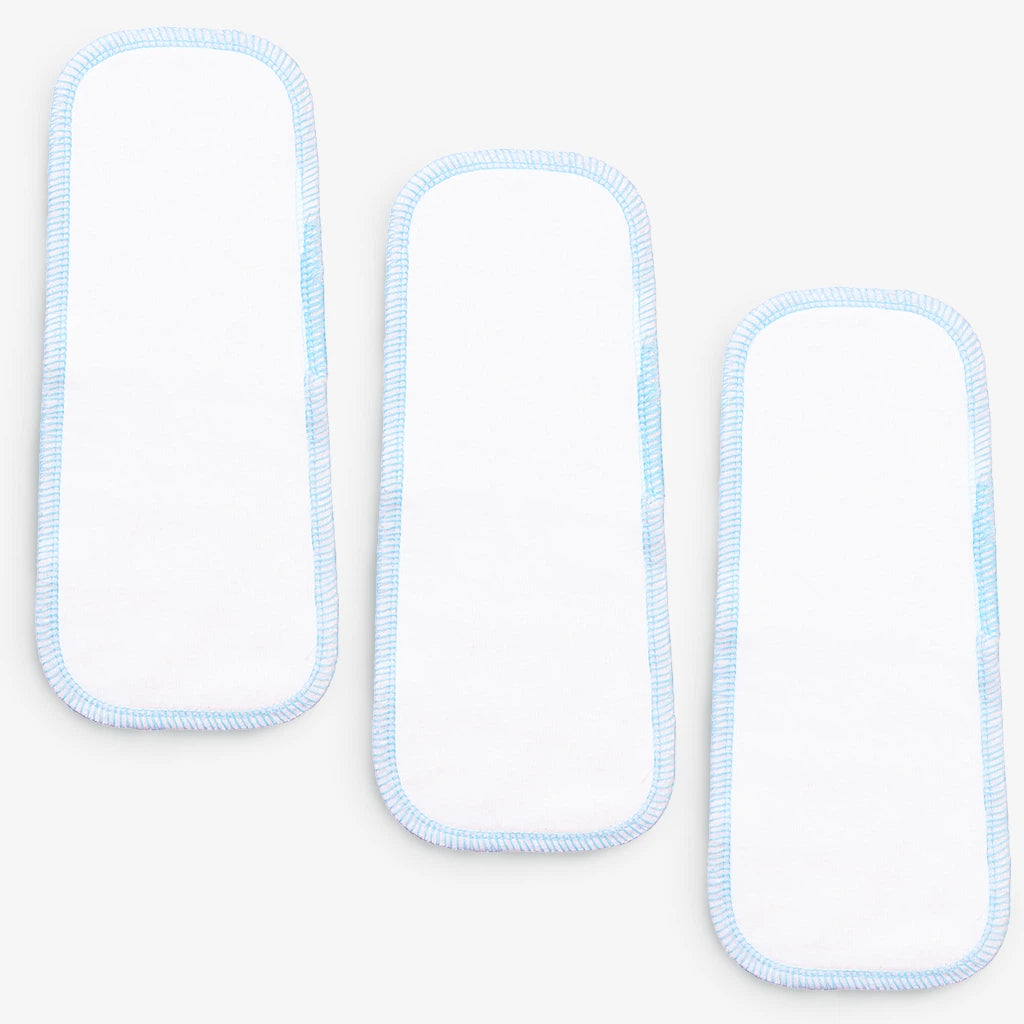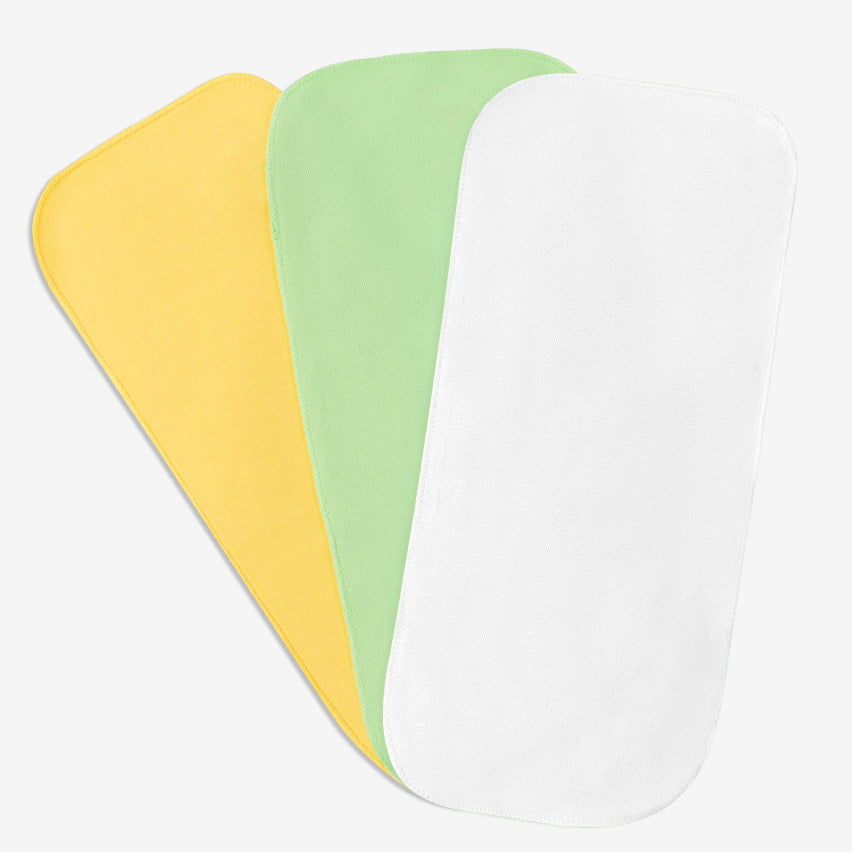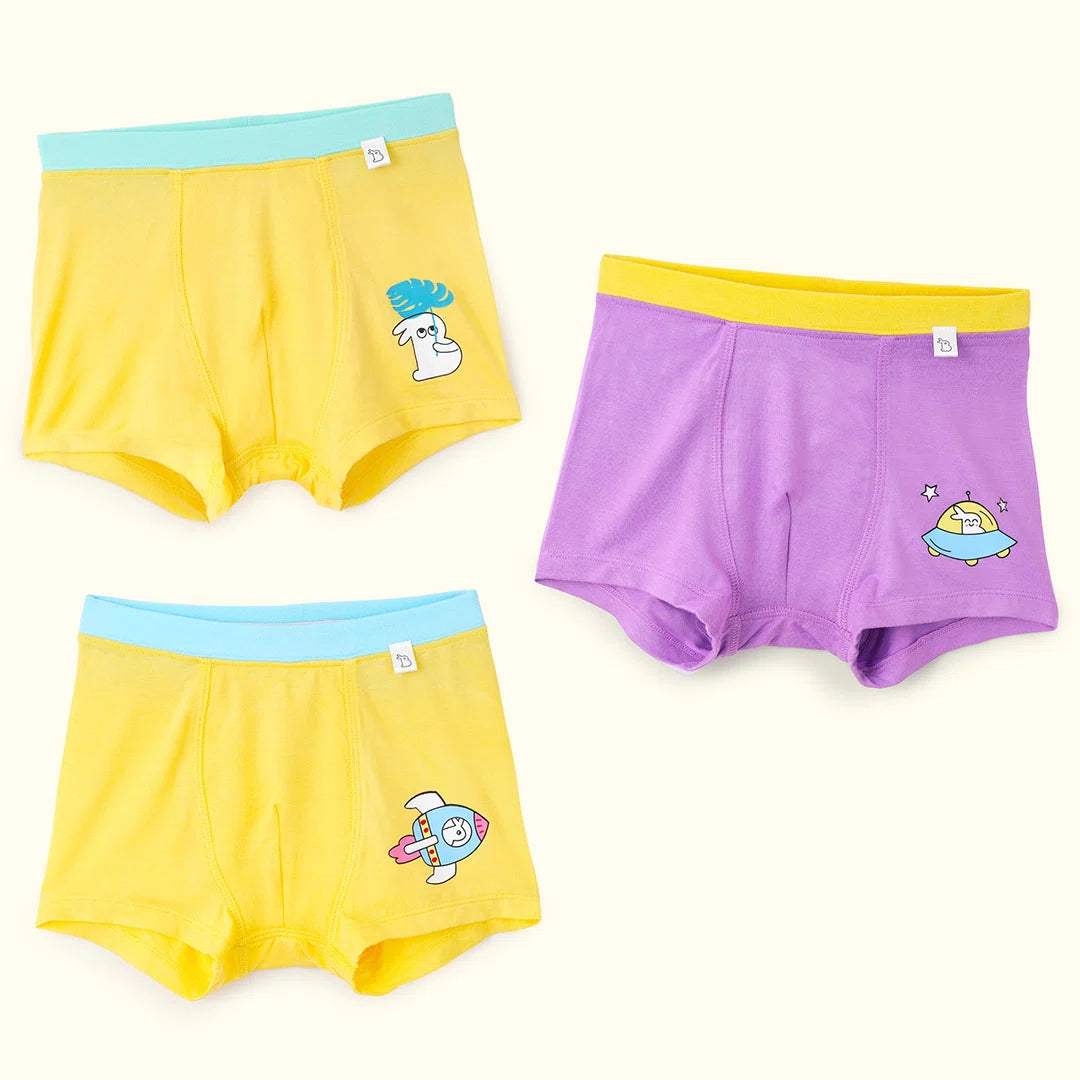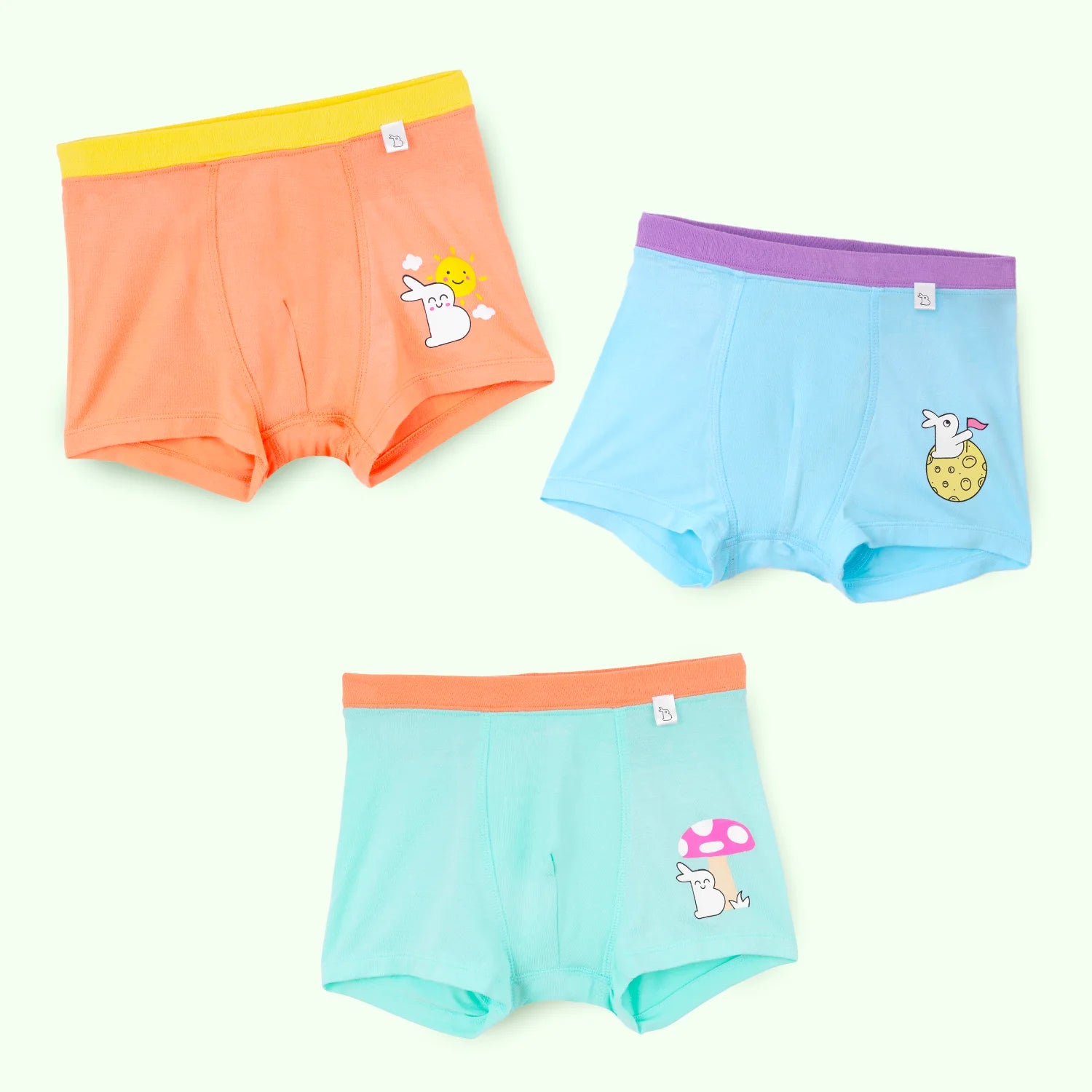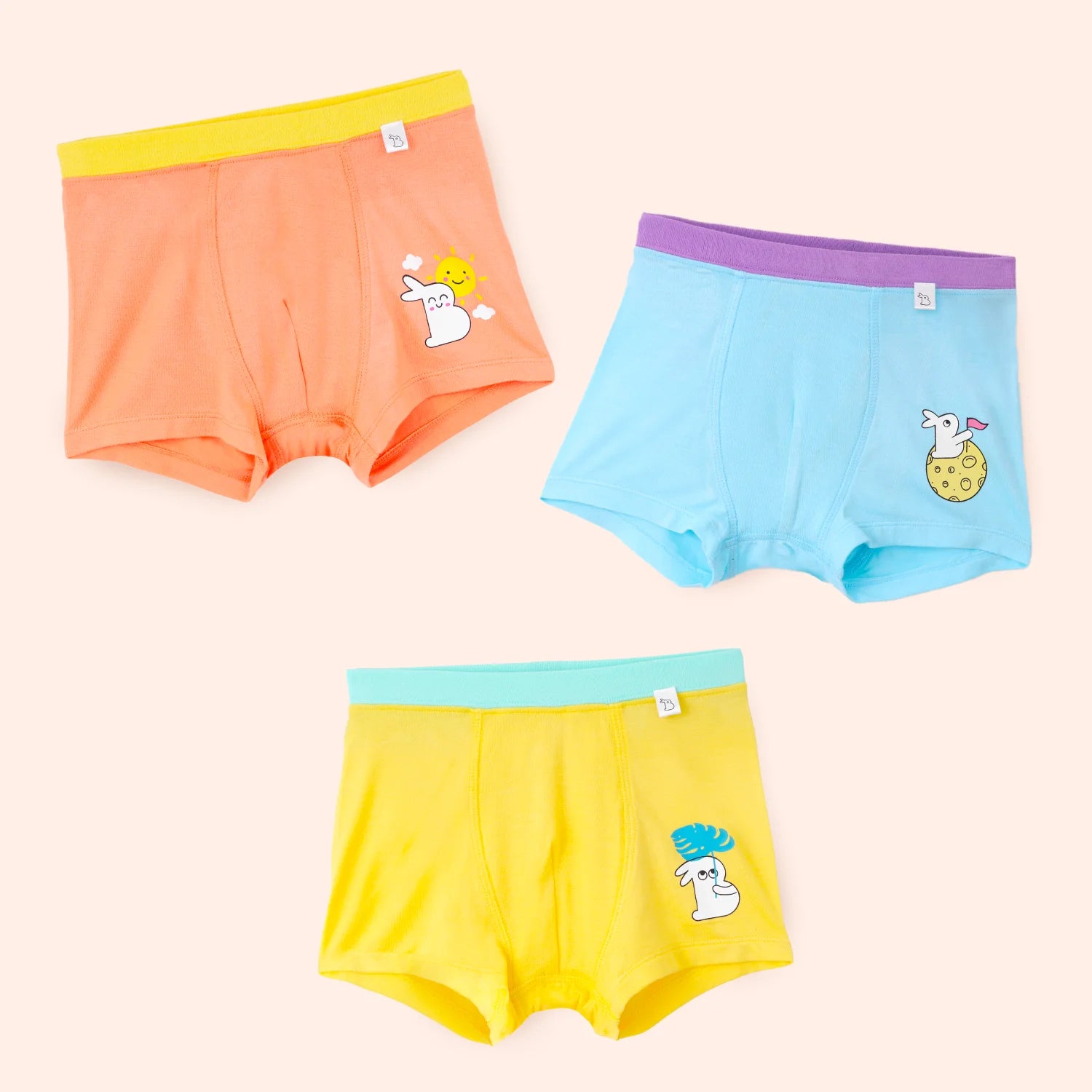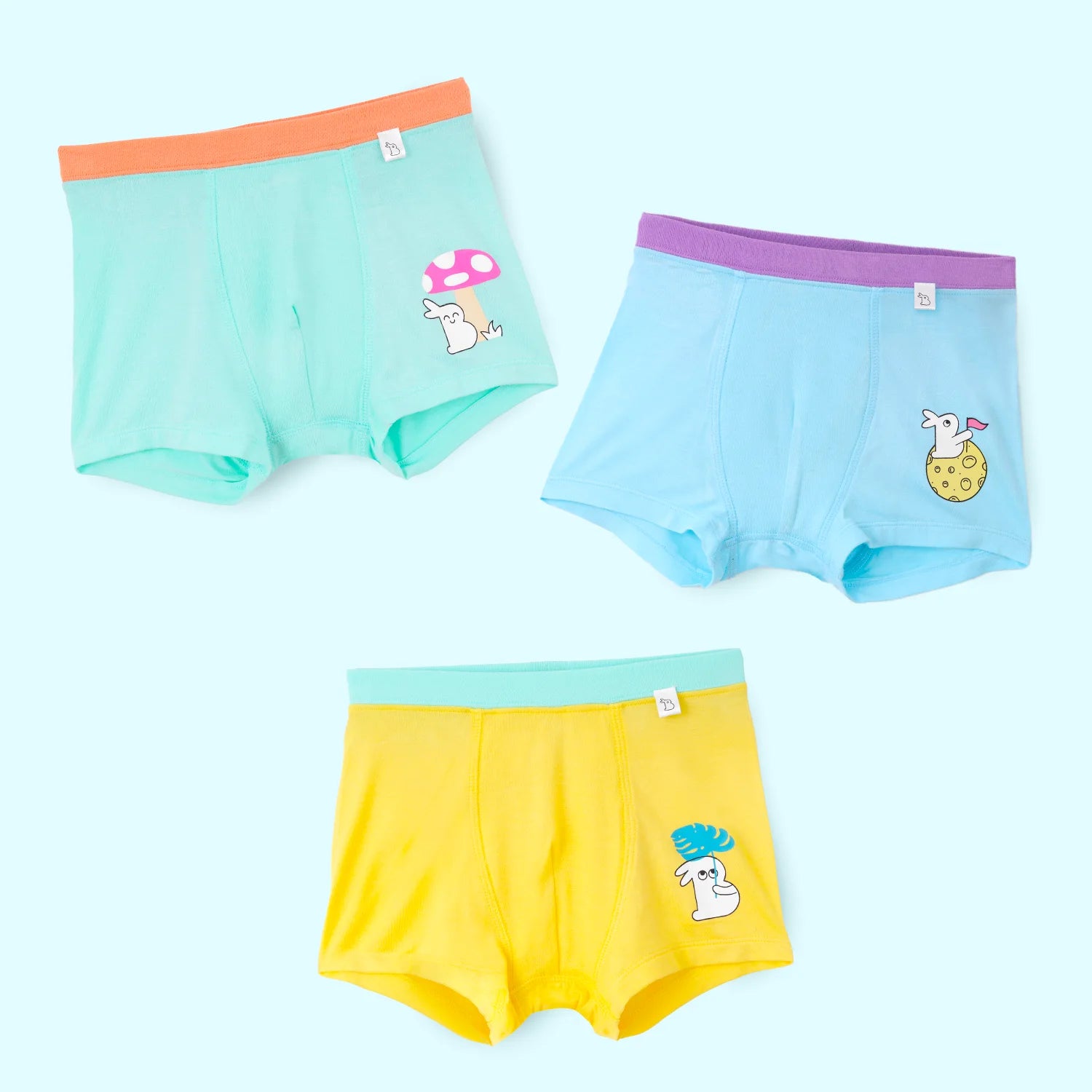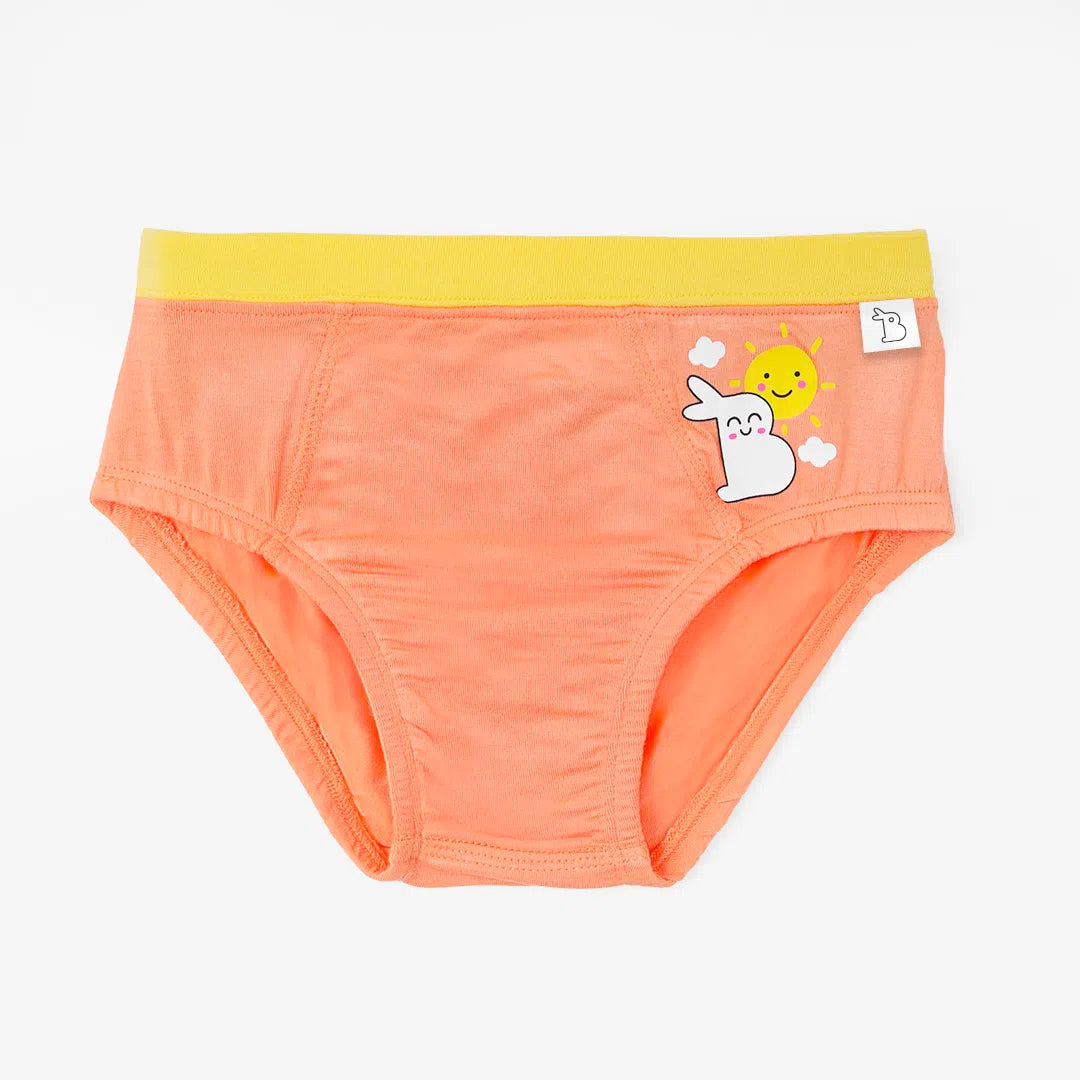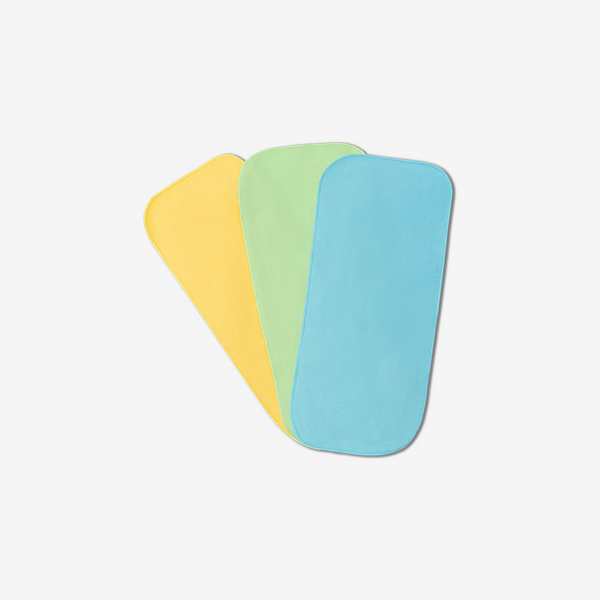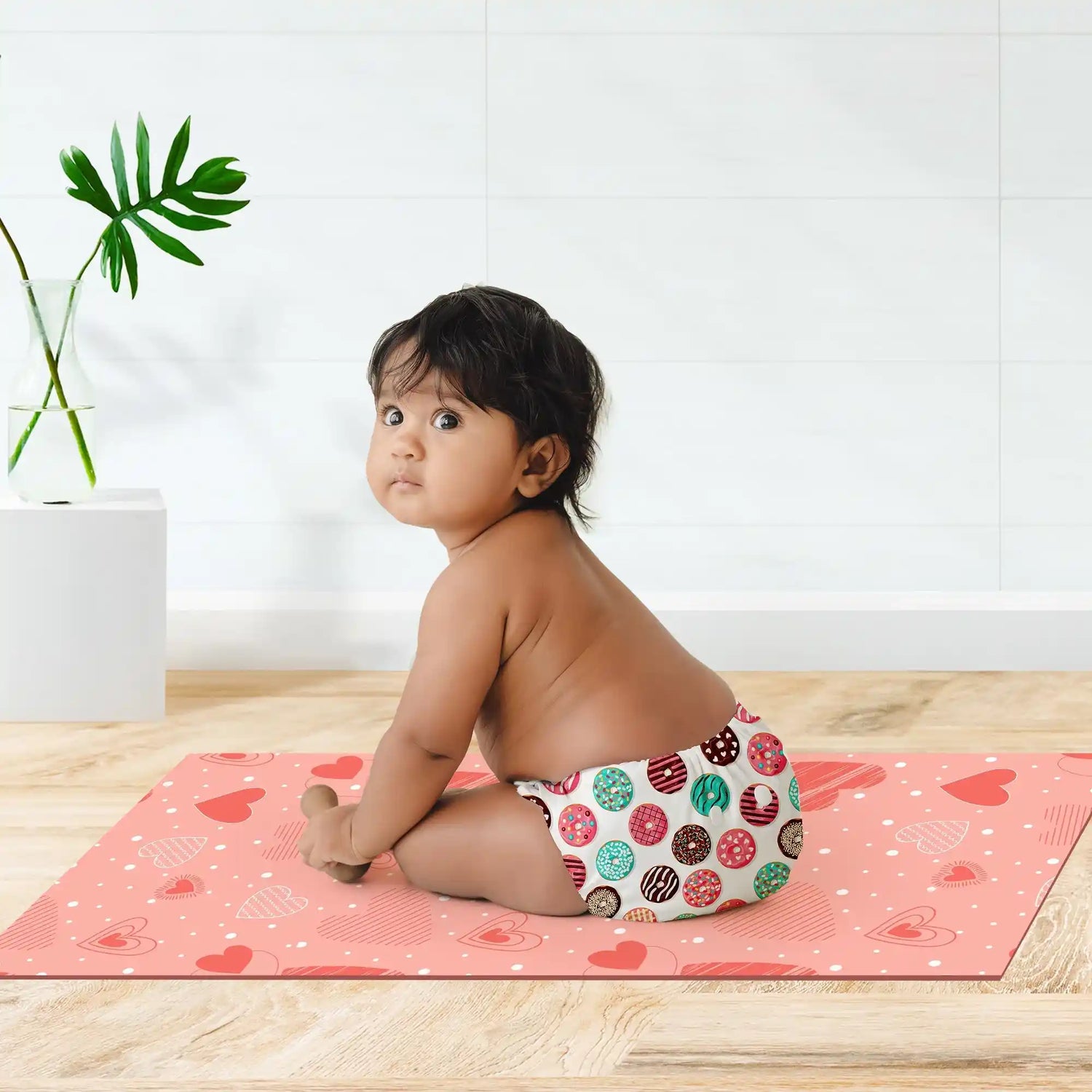• Introduction
• What is Bedwetting in Children
• What Causes Bedwetting in Older Children
• Best Way to Stop Bedwetting
• Helping Your Child Through Bedwetting
• Products For Bedwetting in Children
• Key Takeaways
• FAQs
• Message From SuperBottoms
Ever wake up to the dreaded feeling of damp sheets? Maybe it was your little one sheepishly apologizing for a nighttime accident. Or perhaps you are a parent battling bedwetting with your child, feeling frustrated and unsure what to do next. Relax, you are not alone! Bedwetting, also known as nocturnal enuresis, is a surprisingly common issue affecting millions of children of all ages.
While it can be stressful for both parents and kids, the good news is that bedwetting in children is usually temporary and manageable. In this guide, we will delve into the world of bedwetting, exploring the causes, offering solutions for different age groups, and providing tips to support your child on their journey to dry nights. So please take a deep breath, grab a cup of coffee (or maybe not right before bedtime!), and let us navigate this together.
What is Bedwetting in Children
Does the morning laundry routine sometimes involve a surprise encounter with damp sheets? If so, you are not alone. Bedwetting, also known as nocturnal enuresis, is a common childhood issue affecting millions of kids.
While it can be disruptive and frustrating, it is important to remember that bedwetting is usually temporary and treatable. Let us delve deeper into the world of bedwetting to understand its different forms and the reasons behind those nighttime accidents.
Types of Bedwetting: There are two main classifications of bedwetting:
1. Primary enuresis is when a child has never been able to control their bladder completely at night. It is most common in younger children.
2. Secondary enuresis occurs when a child who previously achieved nighttime dryness starts wetting the bed again. This can be caused by various factors like stress, a medical condition, or a change in routine.
What Causes Bedwetting in Older Children
The reasons behind bedwetting can be complex, often involving a combination of factors. Here is a closer look at some common culprits:
1. Developmental Delays: Sometimes, a child's bladder or nervous system may simply take longer to mature. This can affect the bladder's ability to store urine effectively or the signal sent to the brain when the bladder is full.
2. Small Bladder Capacity: A bladder smaller than average might not be able to hold enough urine throughout the night, leading to accidents.
3. Deep Sleep: Some children are very deep sleepers and may not wake up in response to the urge to pee. This can be due to a genetic predisposition or factors like sleep apnea, which can disrupt sleep patterns.
4. Hormonal Imbalances: A lack of vasopressin hormone can contribute to bedwetting. Vasopressin helps the kidneys concentrate urine at night, reducing the amount produced. An imbalance in this hormone can lead to excessive urine production, overwhelming the bladder's capacity.
5. Medical Conditions: In some cases, bedwetting in children can be a symptom of an underlying medical condition such as a urinary tract infection (UTI), constipation, or diabetes.
6. Emotional Stress: Stressful events like starting school, a new sibling, or changes in family dynamics can trigger bedwetting in some children. Emotional stress can affect the nervous system and hormone production, impacting bladder control.
Understanding the type and potential causes of your child's bedwetting is the first step toward finding solutions and achieving dry nights. Suppose you are concerned about your child's bedwetting, particularly if it is accompanied by other symptoms like daytime accidents, pain, or burning during urination. In that case, it is essential to consult a doctor to rule out any underlying medical conditions.
Best Way to Stop Bedwetting
Bedwetting, or nocturnal enuresis, can be a frustrating experience for both children and parents. While it is a common issue, the constant laundry and emotional toll can leave you searching for solutions. Here, we explore the most effective strategies to combat bedwetting and baby bedwetting solutions to achieve dry nights.
It is Not a One-Size-Fits-All Solution: The best approach to stopping bedwetting depends on the underlying cause. Identifying the type (primary or secondary) and potential triggers (developmental delays, small bladder, etc.) is crucial. Consulting a doctor can be helpful in this initial assessment.
General Strategies for Success:
1. Bedwetting Diapers: Not many brands offer diapers for older children with bedwetting problems, but thankfully, SuperBottoms offers Bedwetting Diapers for Older Kids that you can invest in.
2. Reduce Nighttime Fluid Intake: Limit fluids, especially diuretics like caffeine and sugary drinks, in the hours leading up to bedtime.
3. Double Void Before Bed: Establish a consistent bedtime routine that includes using the bathroom twice – once right before getting into pajamas and again just before lights out.
4. Bladder Training: Practice holding urine daily to increase bladder capacity for older children gradually.
5. Positive Reinforcement: Focus on praising dry nights and avoid punishment for accidents. Celebrate progress and build your child's confidence.
Helping Your Child Through Bedwetting
Bedwetting can be a source of frustration and embarrassment for children. Here is how you can navigate this journey together with love, understanding, and practical solutions:
Reassurance and Open Communication:
• Stay Calm and Positive: It is crucial to stay calm and avoid blame. Accidents happen, and bedwetting is not your child's fault. Reassure them that you are there to help and that they are not alone.
• Open Communication is Key: Talk openly and honestly about bedwetting. Explain what is happening so they can understand and address any anxieties they might have. Let them know you are there to listen and answer their questions.
Practical Tips for Success:
1• Limit Nighttime Fluids: Reduce the amount of fluids consumed, especially diuretics like sugary drinks and caffeine, in the hours leading up to bedtime. A full bladder at night increases the risk of accidents.
2• Double Void Before Bed: Establish a consistent bedtime routine that includes using the bathroom twice. Remind your child to go once before getting into pajamas and again just before lights out.
3• Waterproof Bedding Protection: A waterproof mattress pad protects your mattress and minimizes the inconvenience of accidents. This also helps your child feel more secure and reduces anxiety about nighttime wetting.
Building Confidence and Managing Anxiety:
1• Acknowledge Their Feelings: Bedwetting can be emotionally overwhelming for children. Acknowledge their frustration or embarrassment and offer emotional support.
2• Focus on Progress, Not Perfection: Celebrate dry nights and any improvements, no matter how small. This positive reinforcement builds self-esteem and motivates them to keep trying.
3• Nighttime Relaxation Techniques: If anxiety contributes to bedwetting, try relaxation techniques like deep breathing or calming bedtime stories to ease worries and promote restful sleep.
Remember, your love, support, and understanding are crucial in helping your child overcome bedwetting. By working together and implementing these strategies, you can create a supportive environment to achieve dry nights and a happy, confident child.
|
Limited Time Offers + Special Gift Sets! Now or never Super SALE is live on the SuperBottoms website! Take advantage of unbeatable value deals on our UNO Cloth Diapers, Baby Essentials, and more. Looking for the perfect present for a newborn or a toddler? Explore our thoughtfully curated Gift Sets & Combos — safe, skin-friendly, and oh-so-cute! A bundle of love for little ones and a delight for parents. HURRY — Deals and Gift Packs are live only till stocks last. Don’t miss the chance to stock up and share the joy! |
Products For Bedwetting in Children
While behavioral changes are key to overcoming bedwetting, some bedwetting solutions in the form of absorbent products can offer valuable support.
1. SuperBottoms Bedwetting Diapers: Explicitly designed for older children, these diapers offer superior absorbency and leak protection for heavier wetting. Unlike bulky regular diapers, SuperBottoms Bedwetting Diapers provide a more discreet and comfortable option for managing bedwetting at night.
2. Pull-Up Underwear: Discreet and comfortable, pull-up underwear provides moderate absorbency for mild cases.
3. Bedwetting Alarms: These sound-based alarms can help train children to wake up when their bladder is full.
Remember, consult your doctor before starting any new product, especially if your child has underlying medical conditions.
Key Takeaways
1. Relax, you are not alone! Bedwetting is common in children (millions experience it!). This guide explores the two types (primary vs. secondary) and the reasons behind nighttime accidents.
2. Causes can vary: developmental delays, small bladder, deep sleep, hormone imbalance, or even stress.
3. Help your child achieve dry nights: limit bedtime fluids, establish a bathroom routine, and offer positive reinforcement. Consider bedwetting diapers for older children and address any medical concerns with a doctor.
FAQs
Q1: - My child is 5 and still wets the bed. Is this normal?
Ans: Bedwetting (nocturnal enuresis) is more common than you might think. Up to 10% of 7-year-olds still experience bedwetting. While it is less common in older children, it can still happen.
Q2 - Will my child ever outgrow bedwetting?
Ans: Yes, in most cases, children do outgrow bedwetting. By age 7, most children achieve nighttime dryness. However, if bedwetting persists, there are treatment options available.
Q3 - How can I talk to my child about bedwetting?
Ans: It is important to be open and honest with your child. Use positive language and avoid blame or shame. Reassure them that bedwetting is common and that you are there to help them overcome it.
Message from SuperBottoms
Hi there, new parents! SuperBottoms brings you doctor-recommended cloth diapers — the best rash-free diapering solution for your baby’s sensitive and delicate skin. Unlike disposable diapers loaded with chemicals, our newborn cloth diapers, when used and washed properly, can help eliminate the risk of diaper rashes. SuperBottoms offers a wide range of safe, skin-friendly essentials for the whole family — including Reusable Cloth Diapers, Diaper Pants, DryFeel langots for diaper-free time, Padded Underwear for potty training, SuperSoft Underwear for everyday comfort, Joggers for playful days, and Period Underwear for women. Not just for everyday use, SuperBottoms products also make the best gifting choice for babies — thoughtful, eco-friendly, practical, and loved by parents. Now available on Amazon, Myntra, Flipkart, FirstCry, Zepto, Swiggy and Blinkit
Reference Links
1. Nocturnal enuresis
2. Bedwetting (Nocturnal Enuresis) Causes and Treatment






























